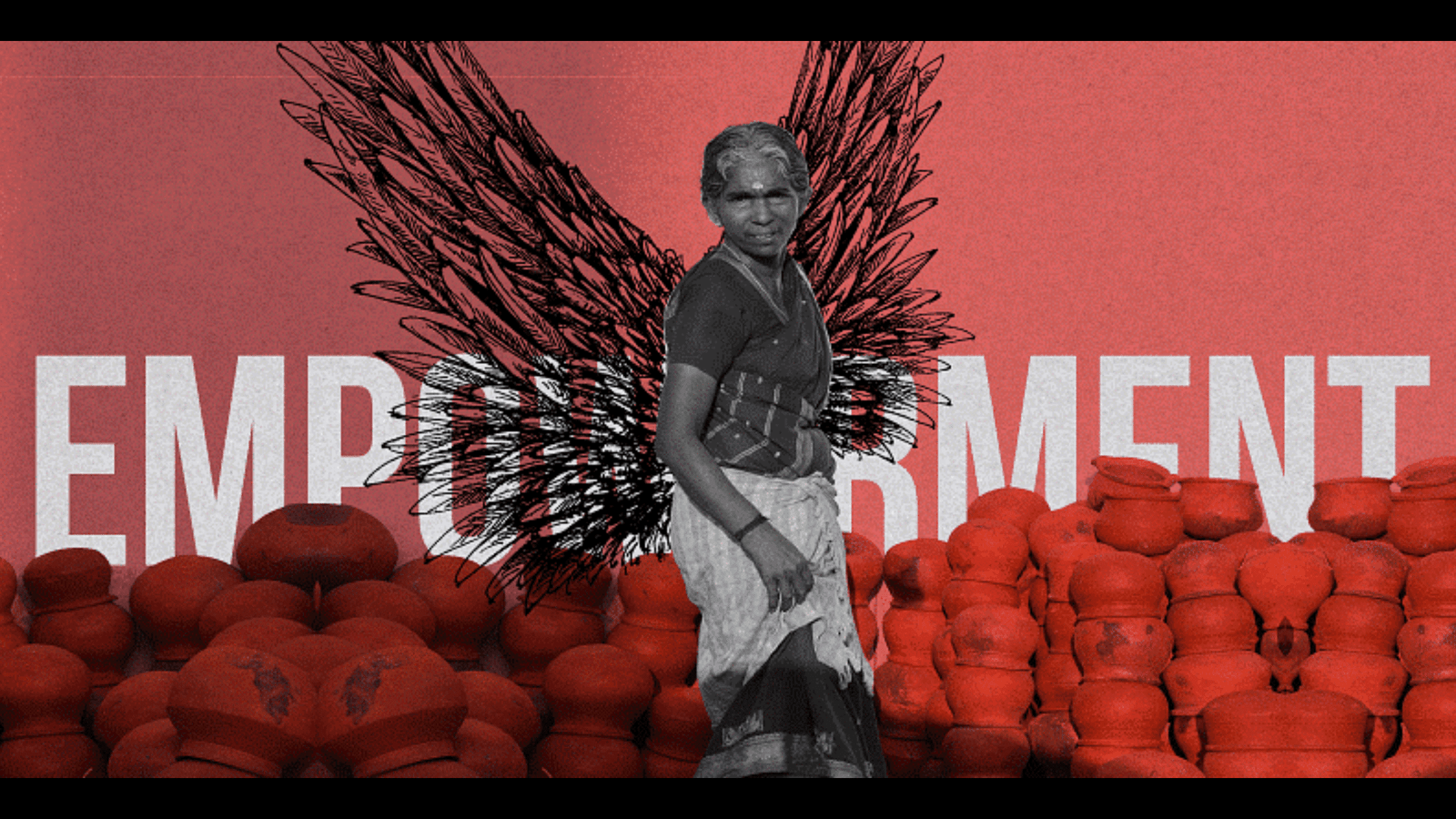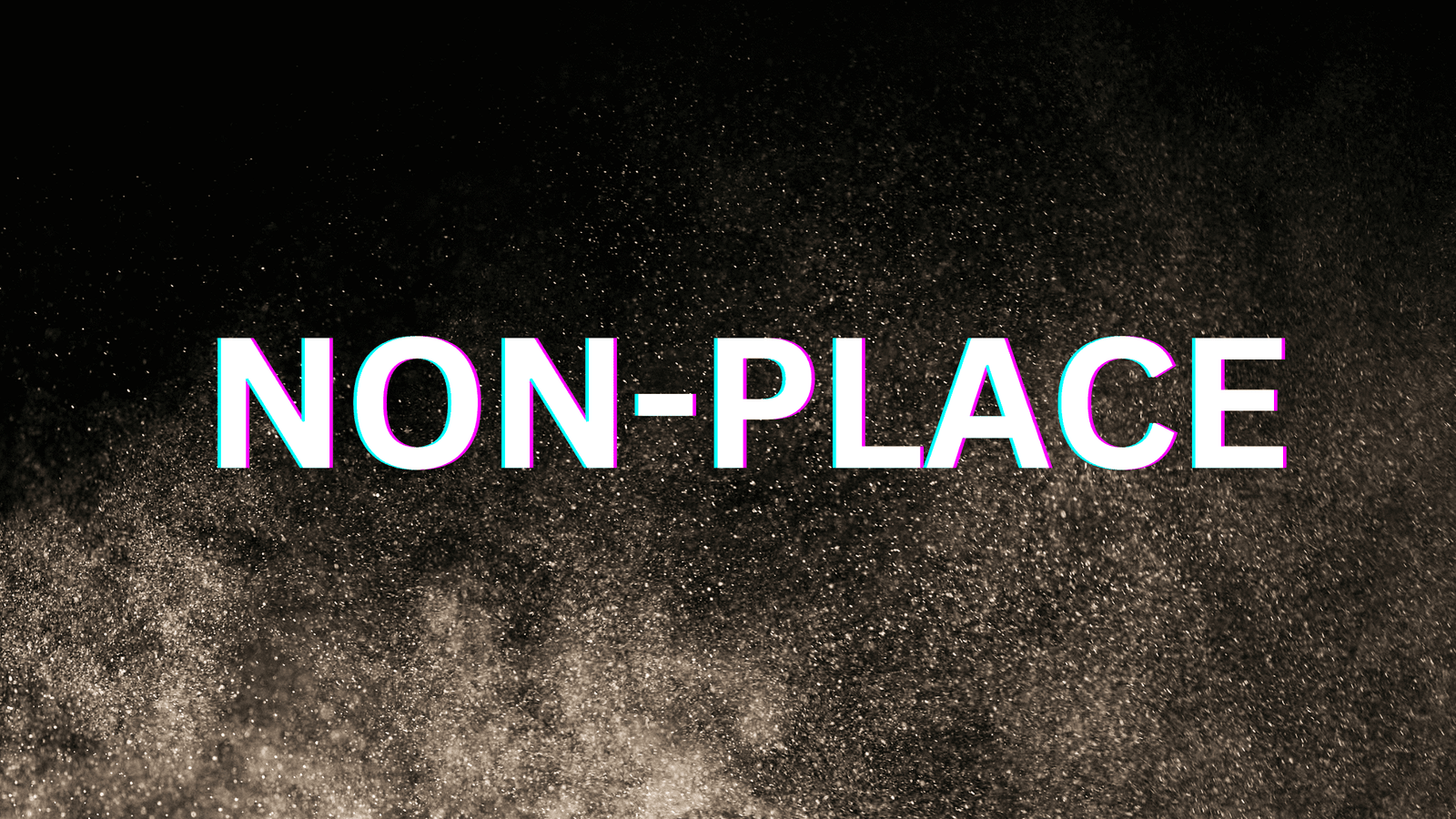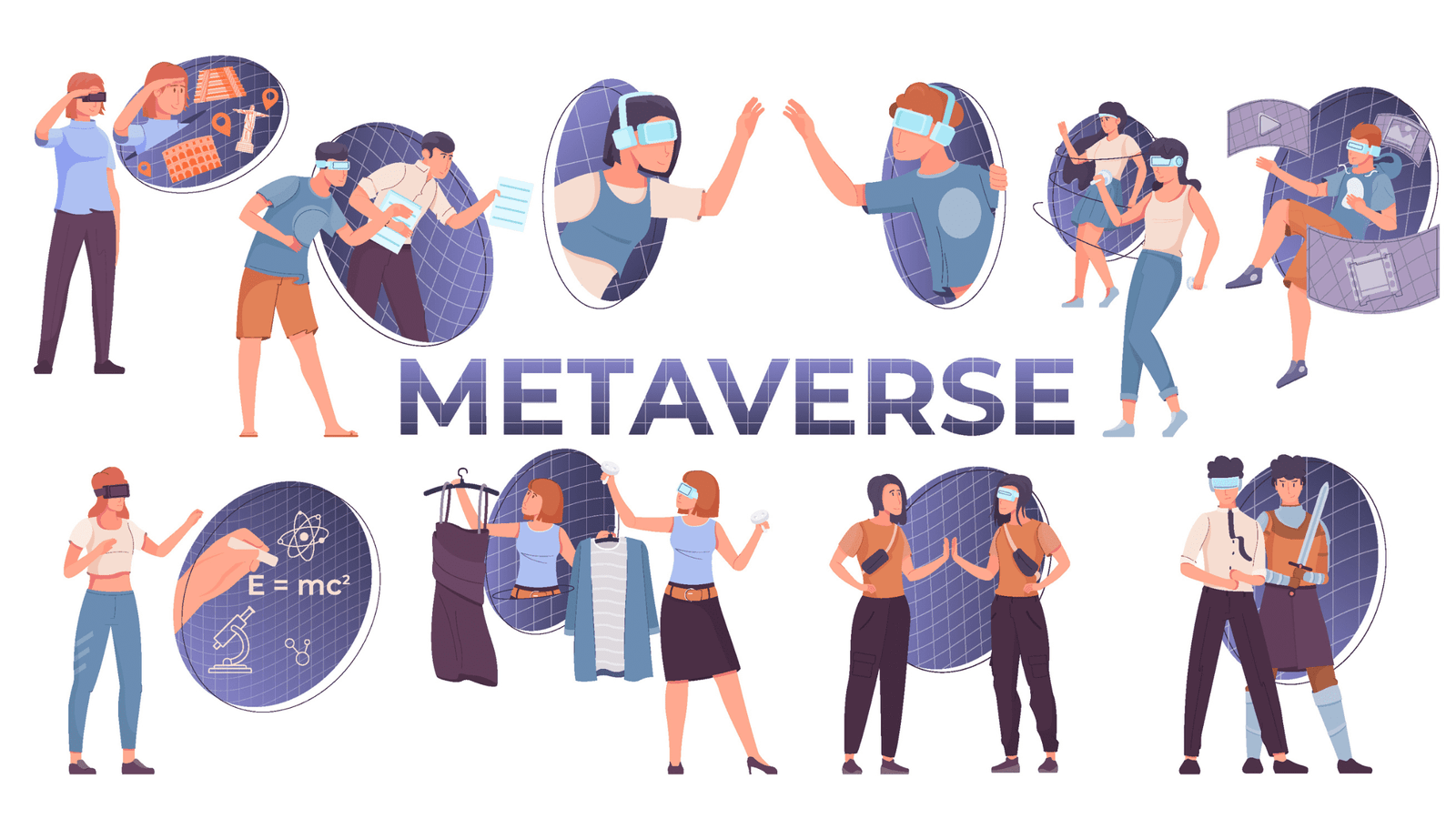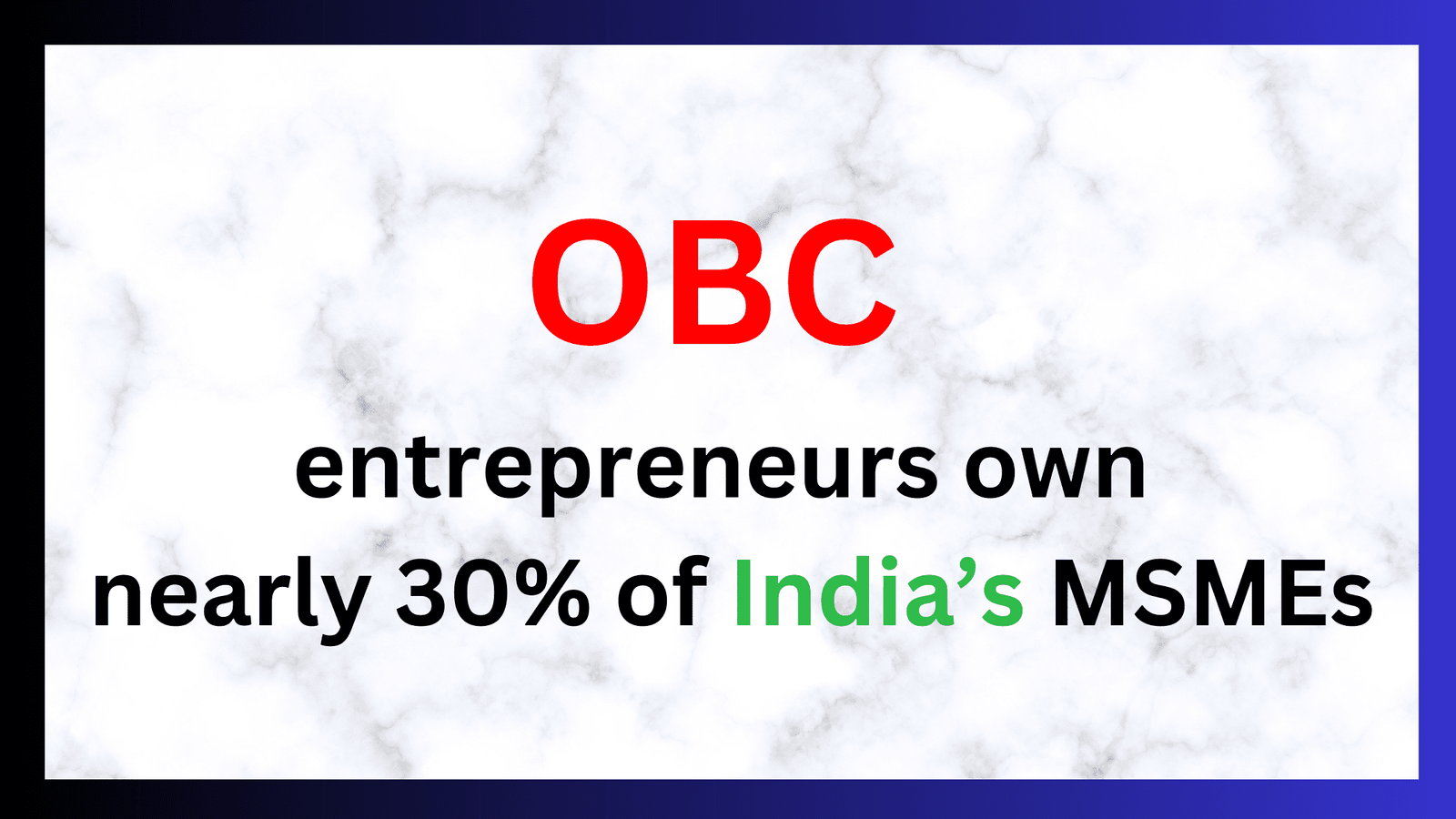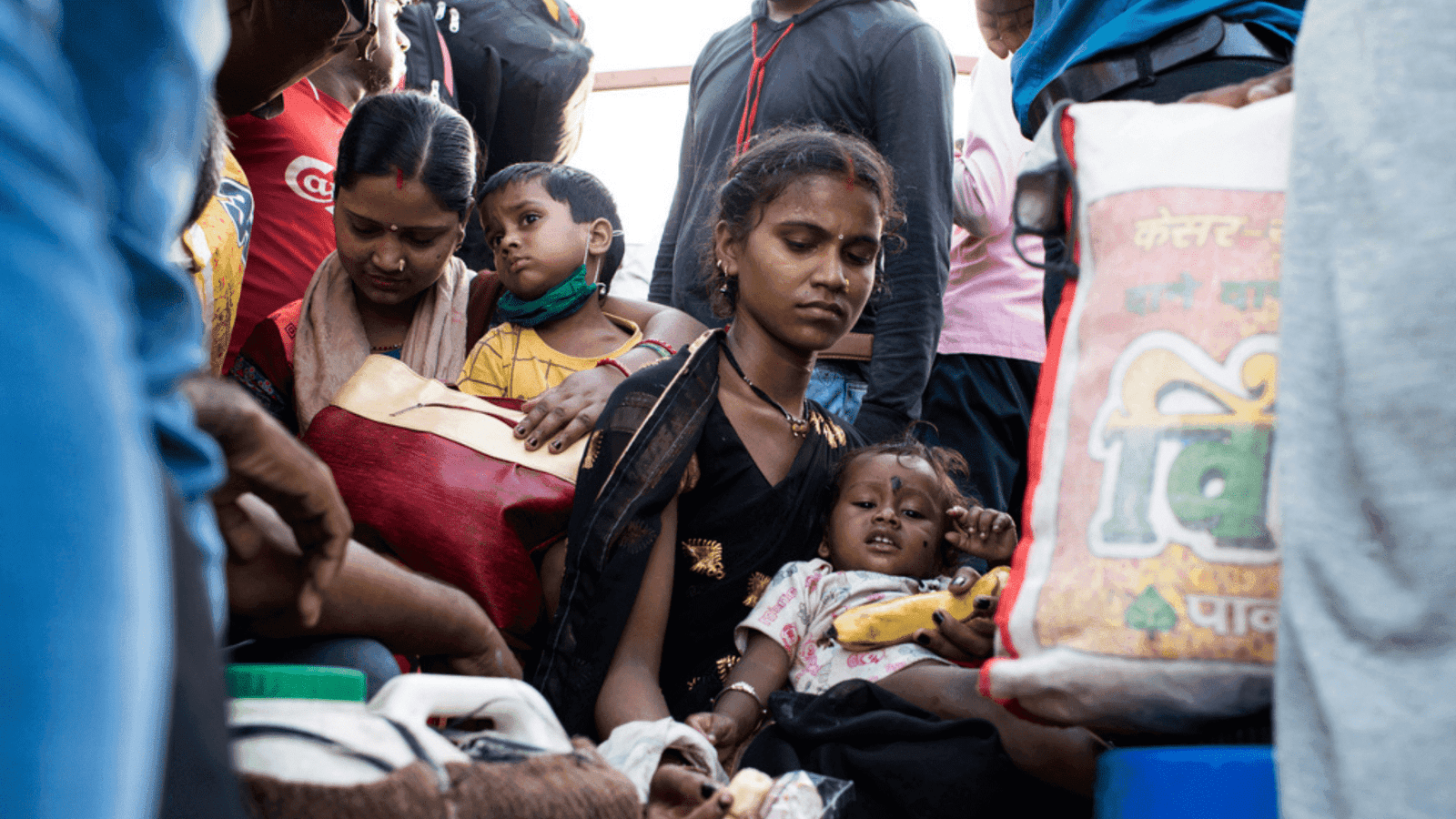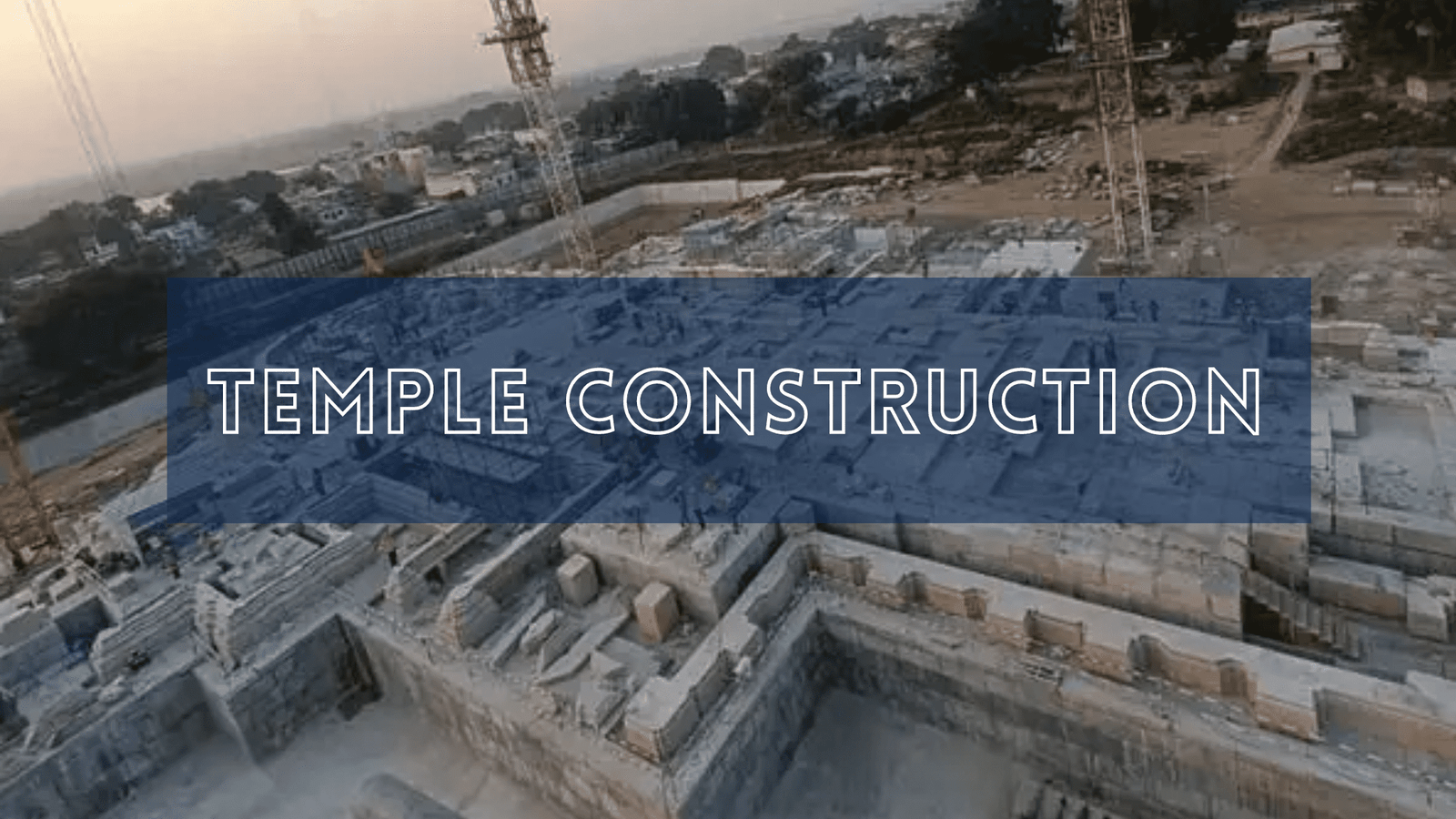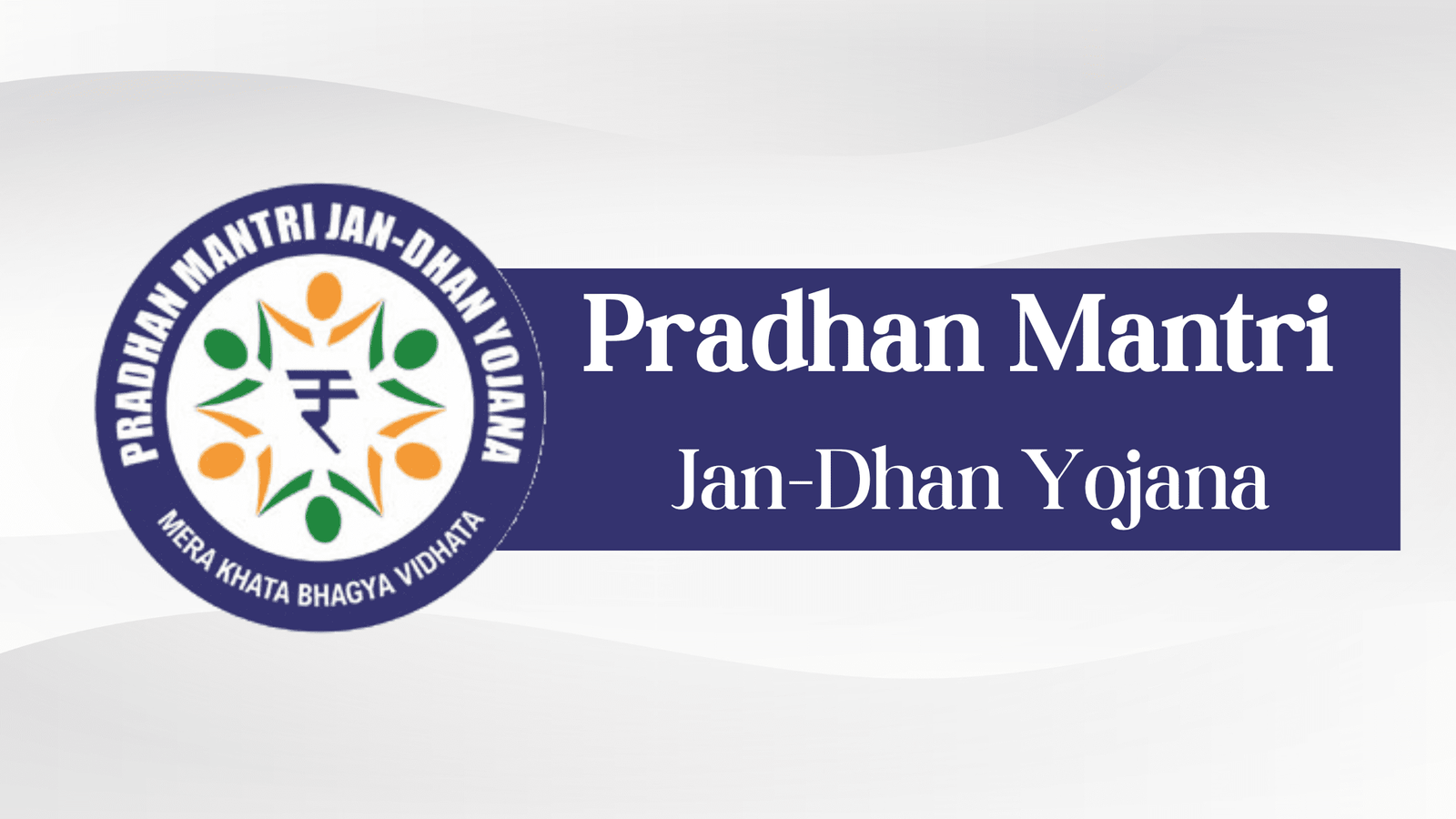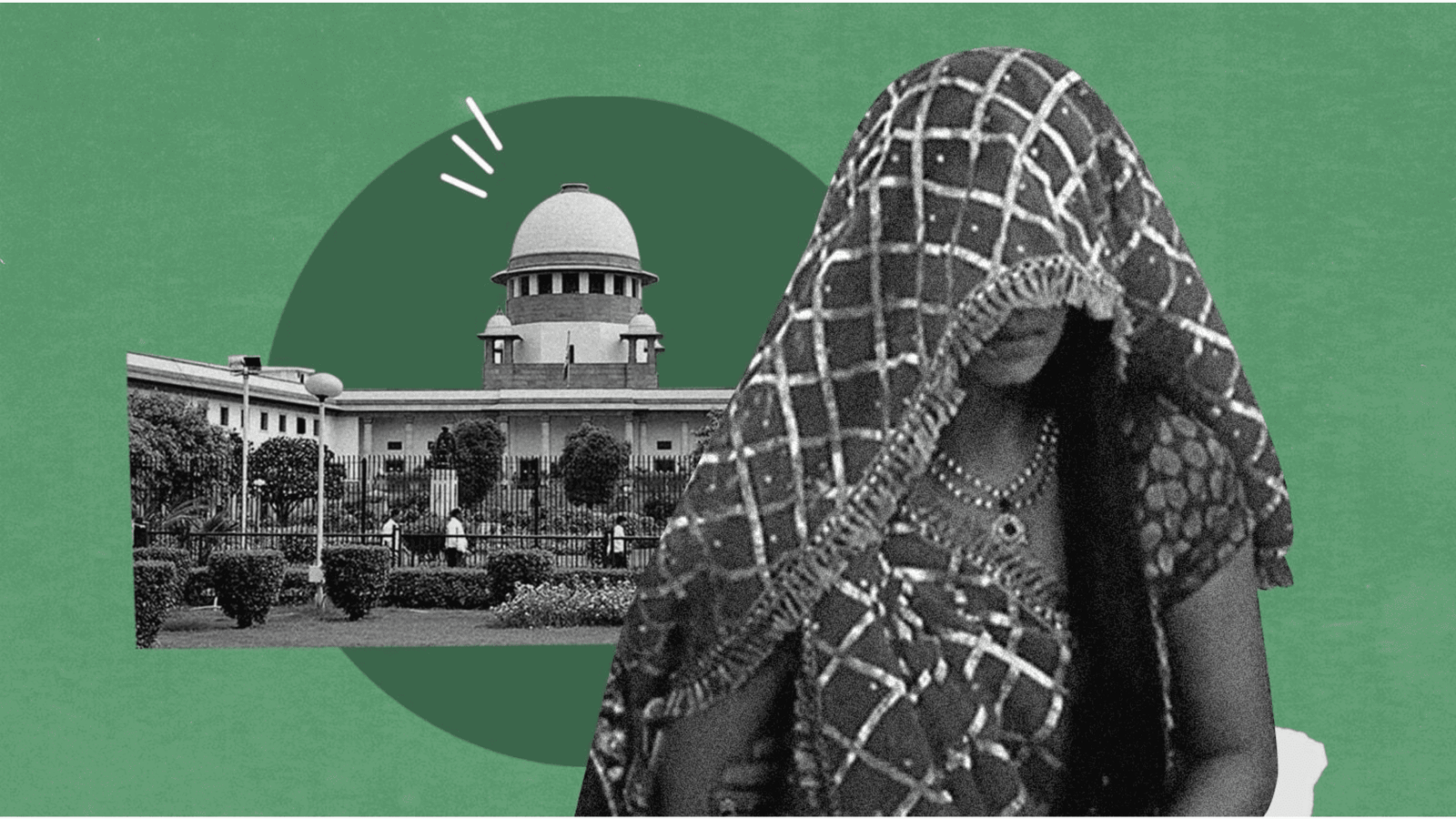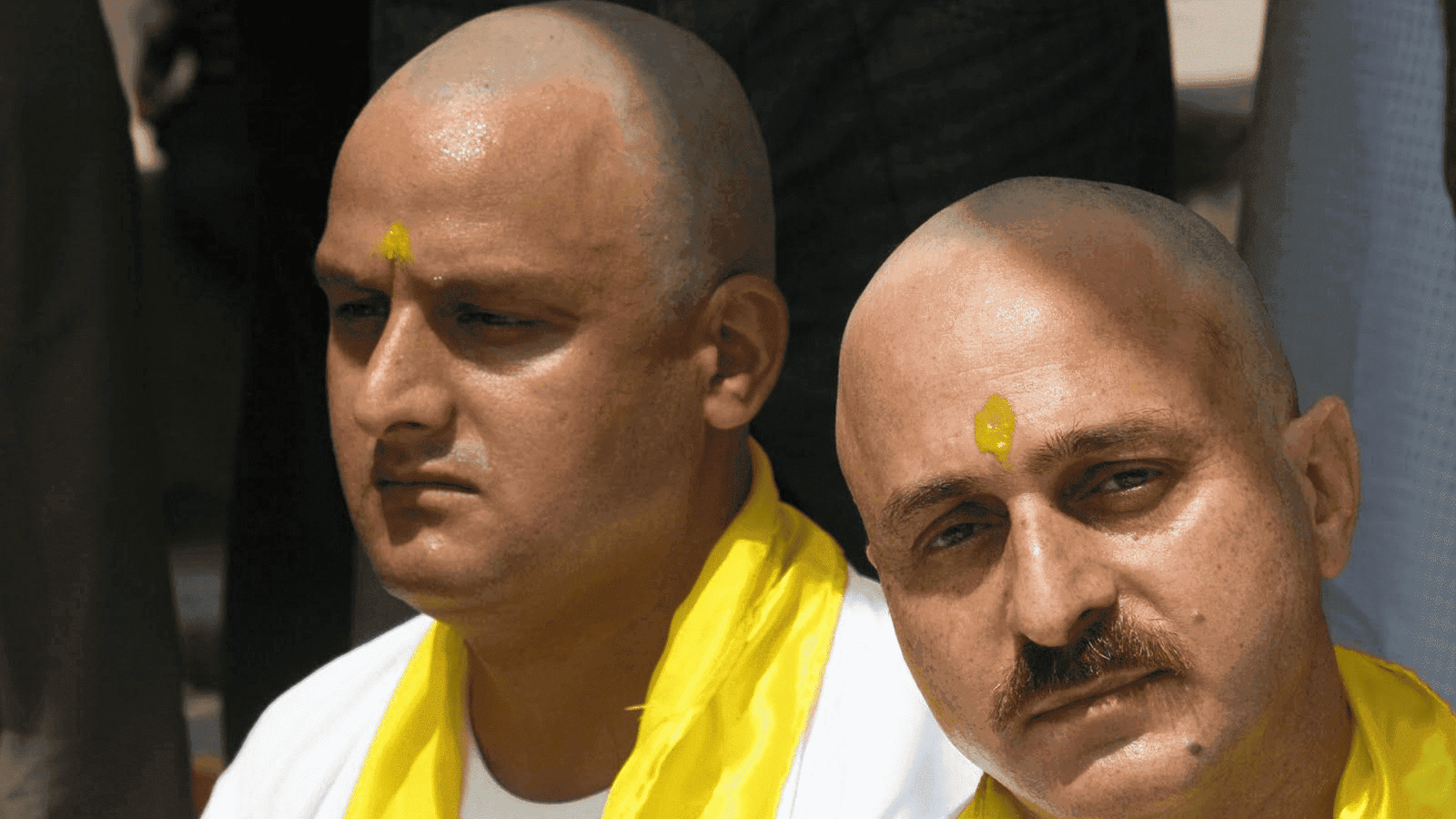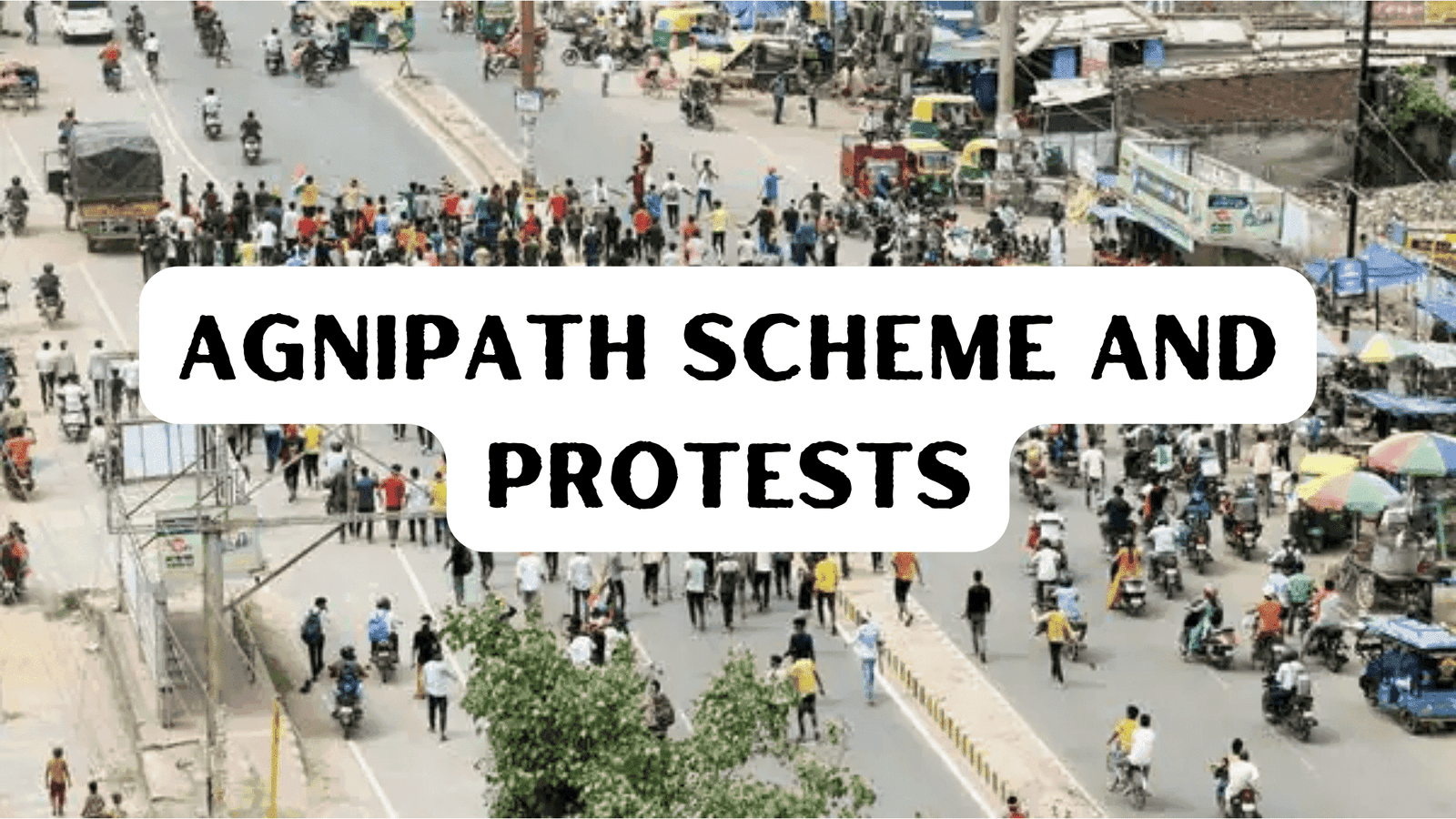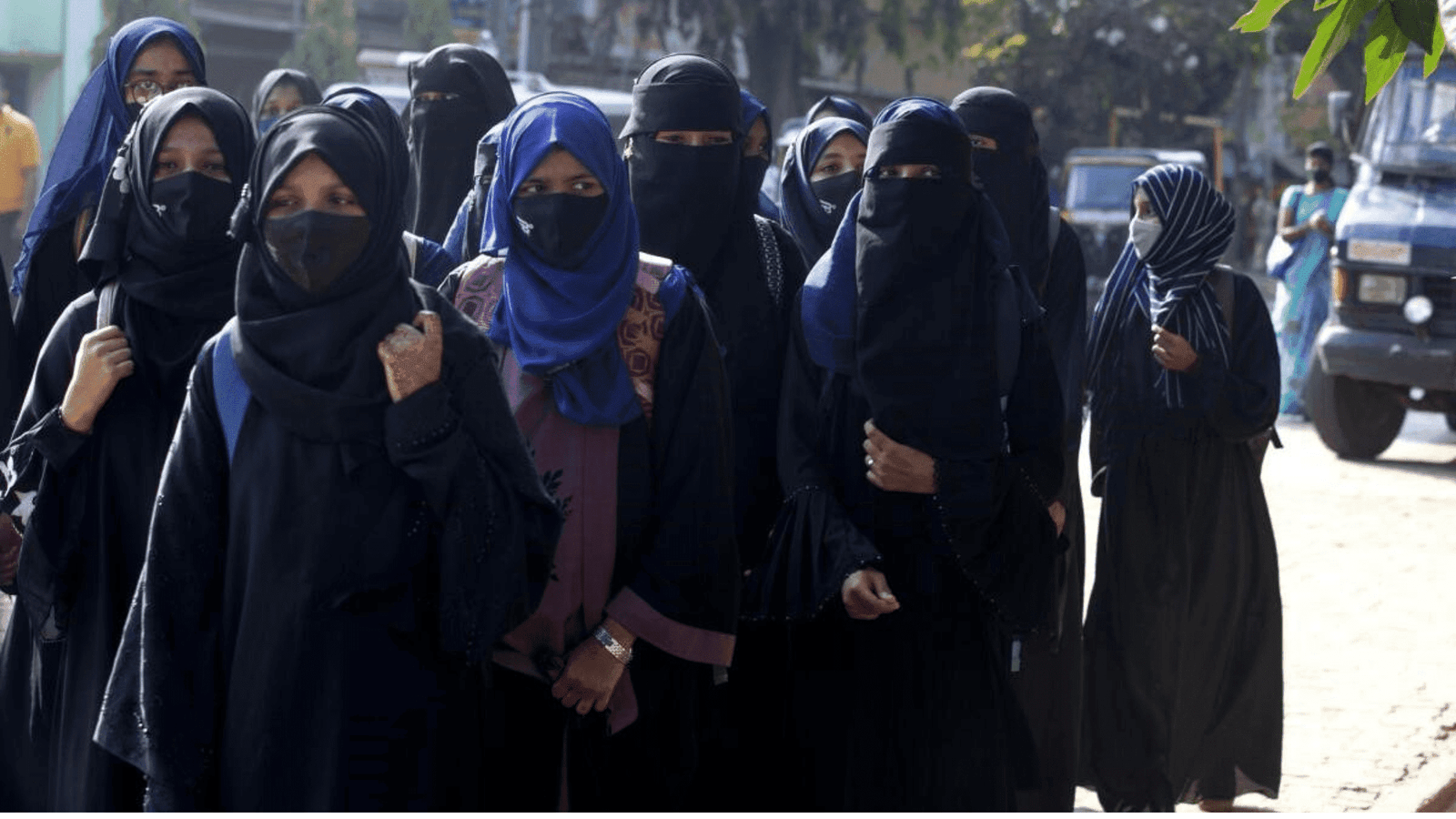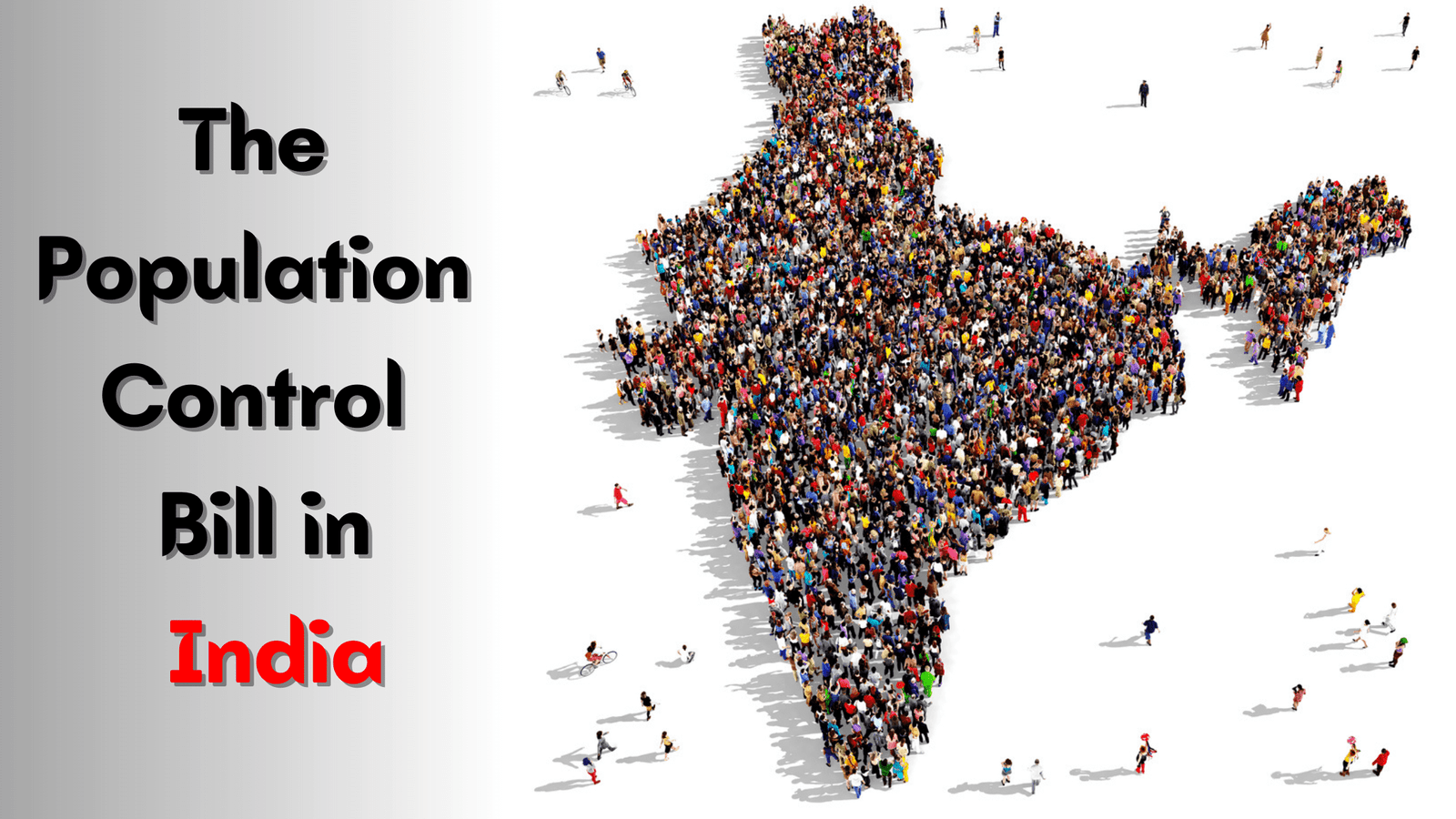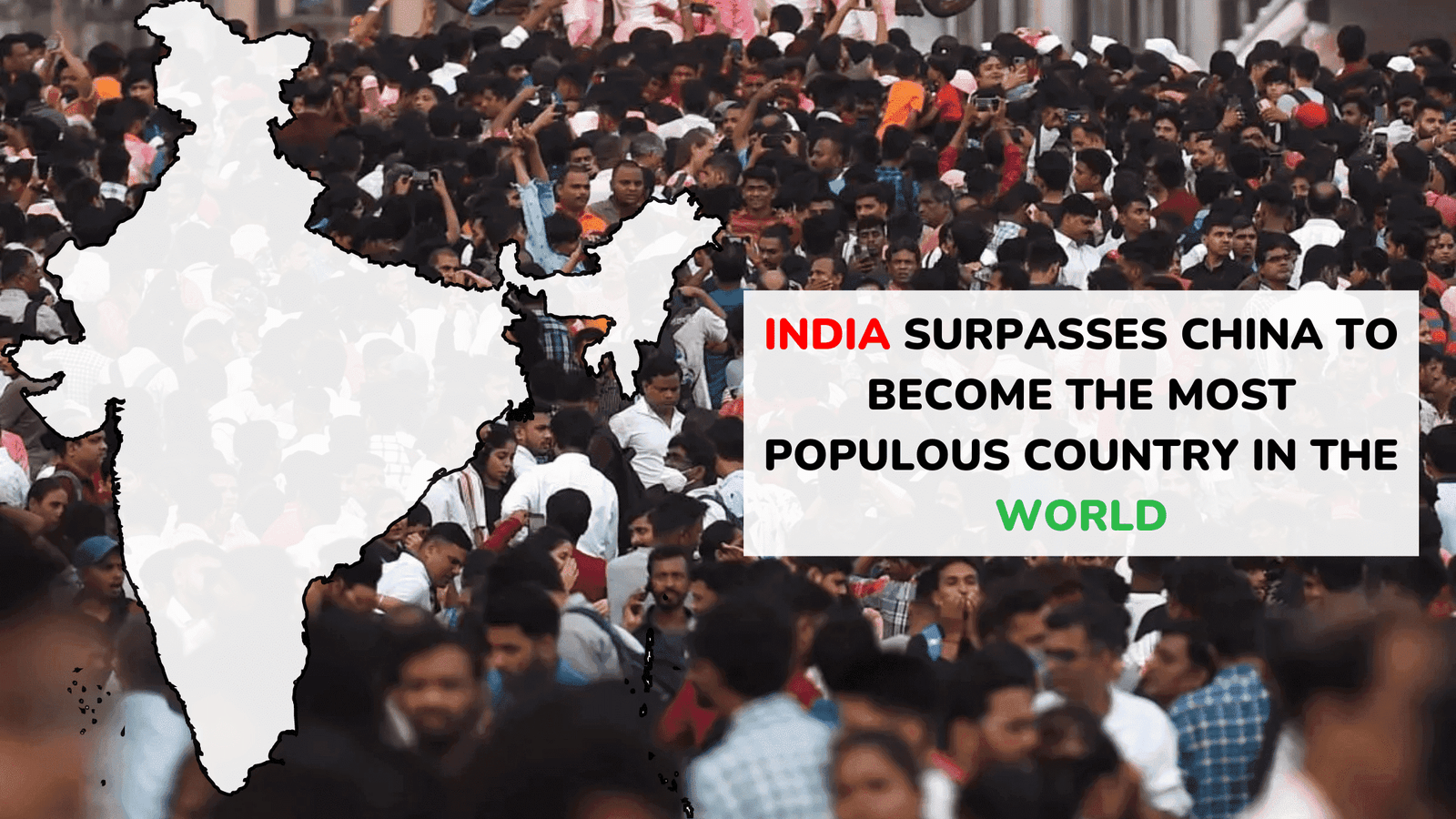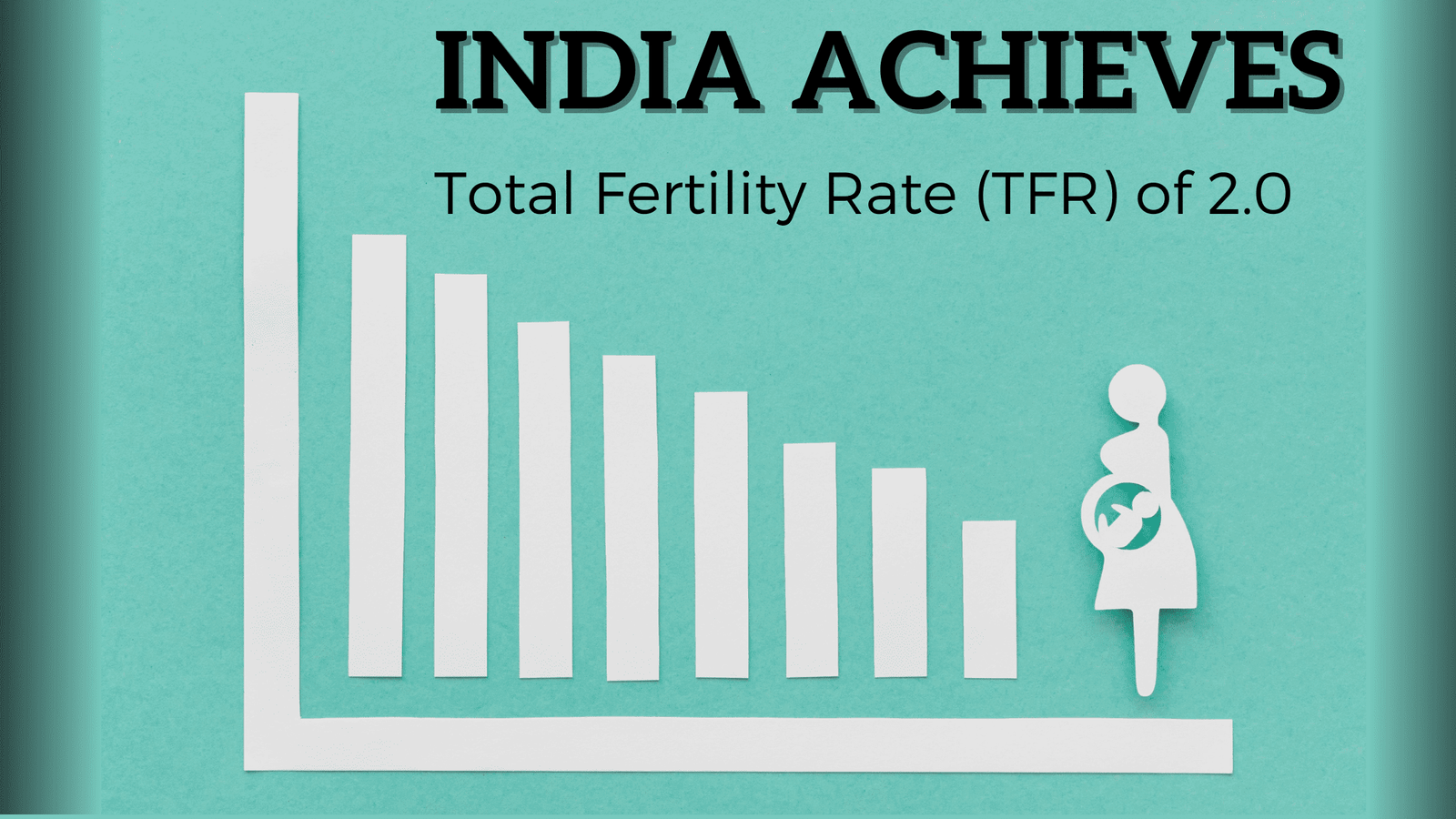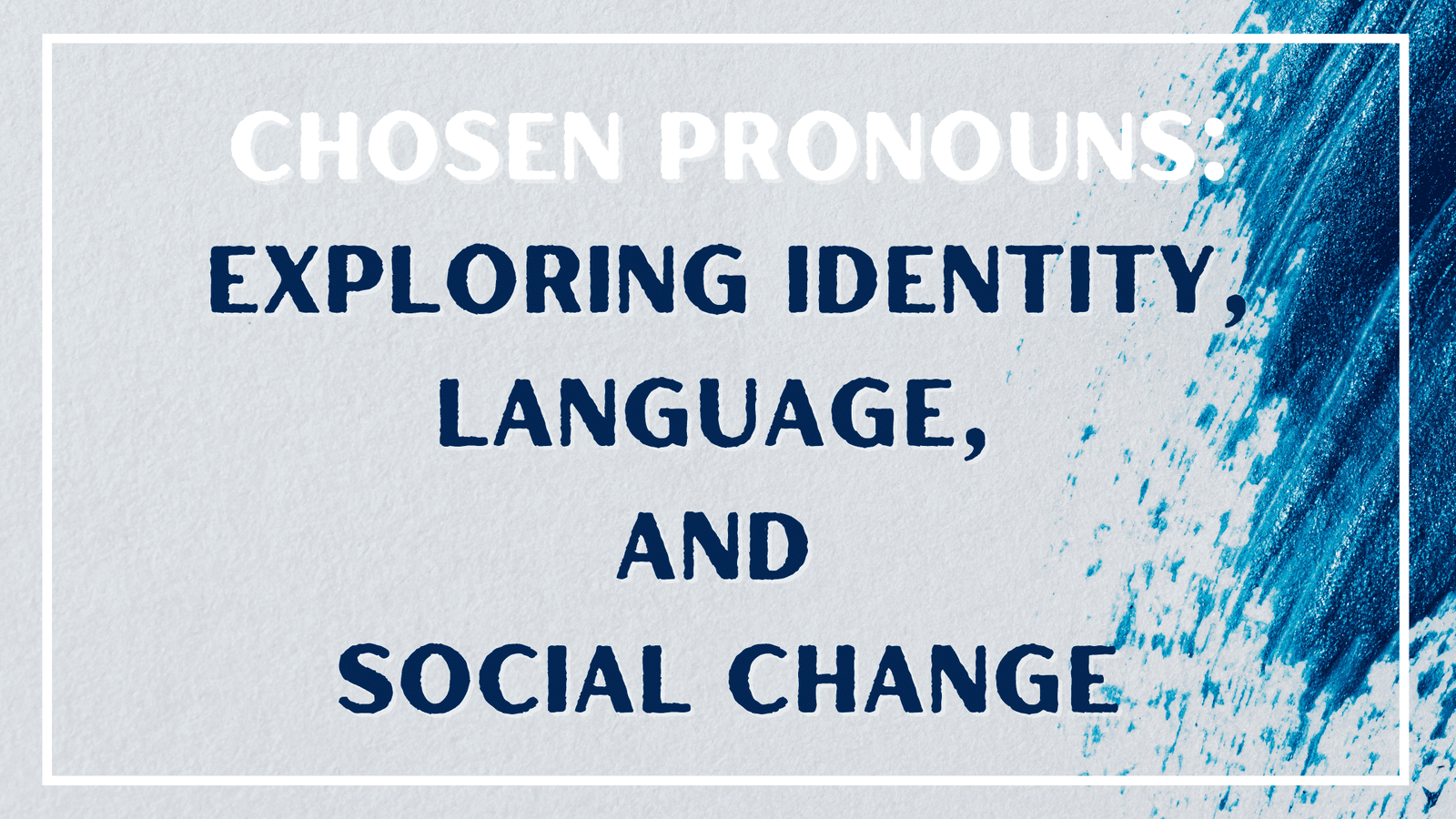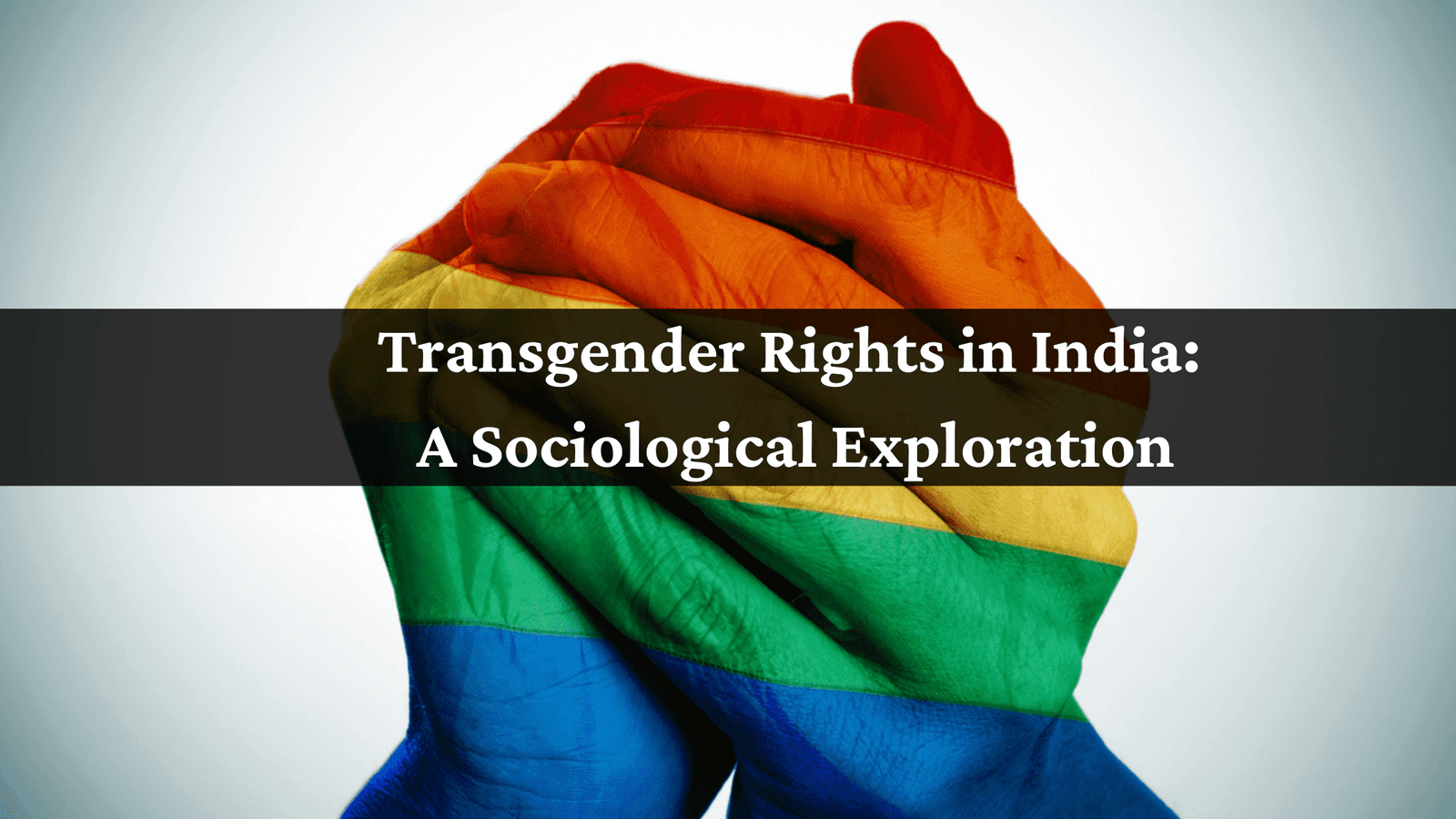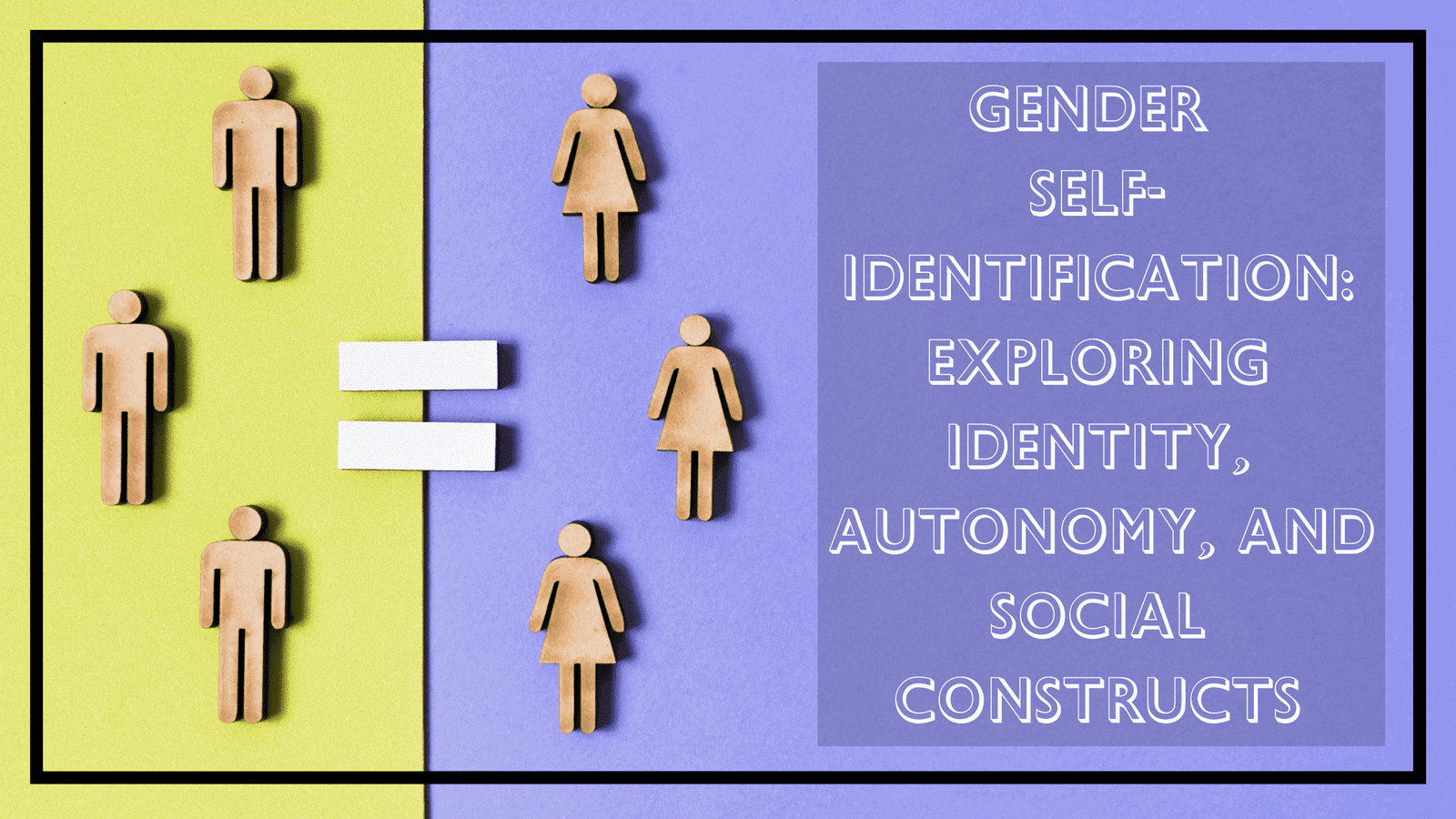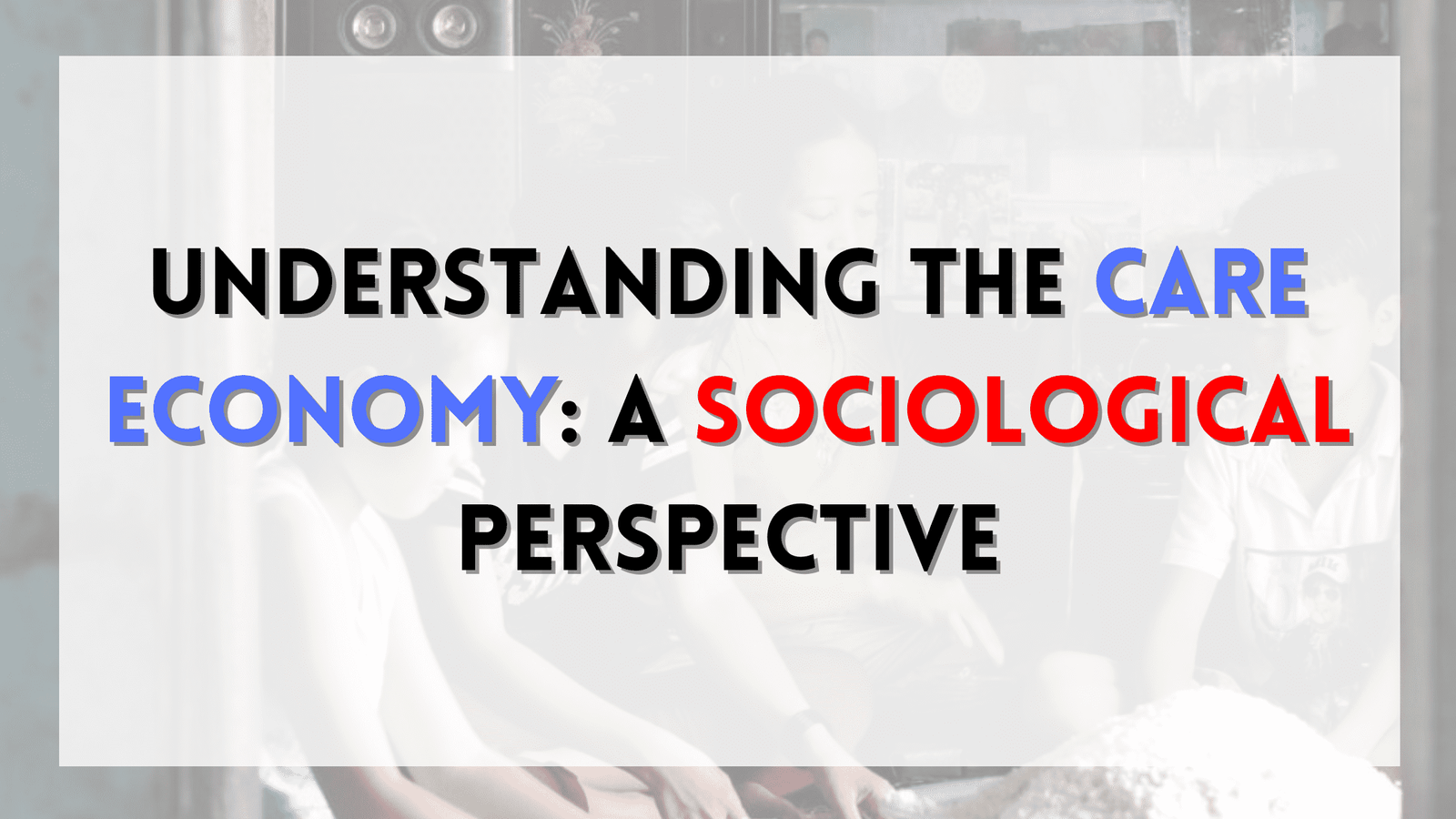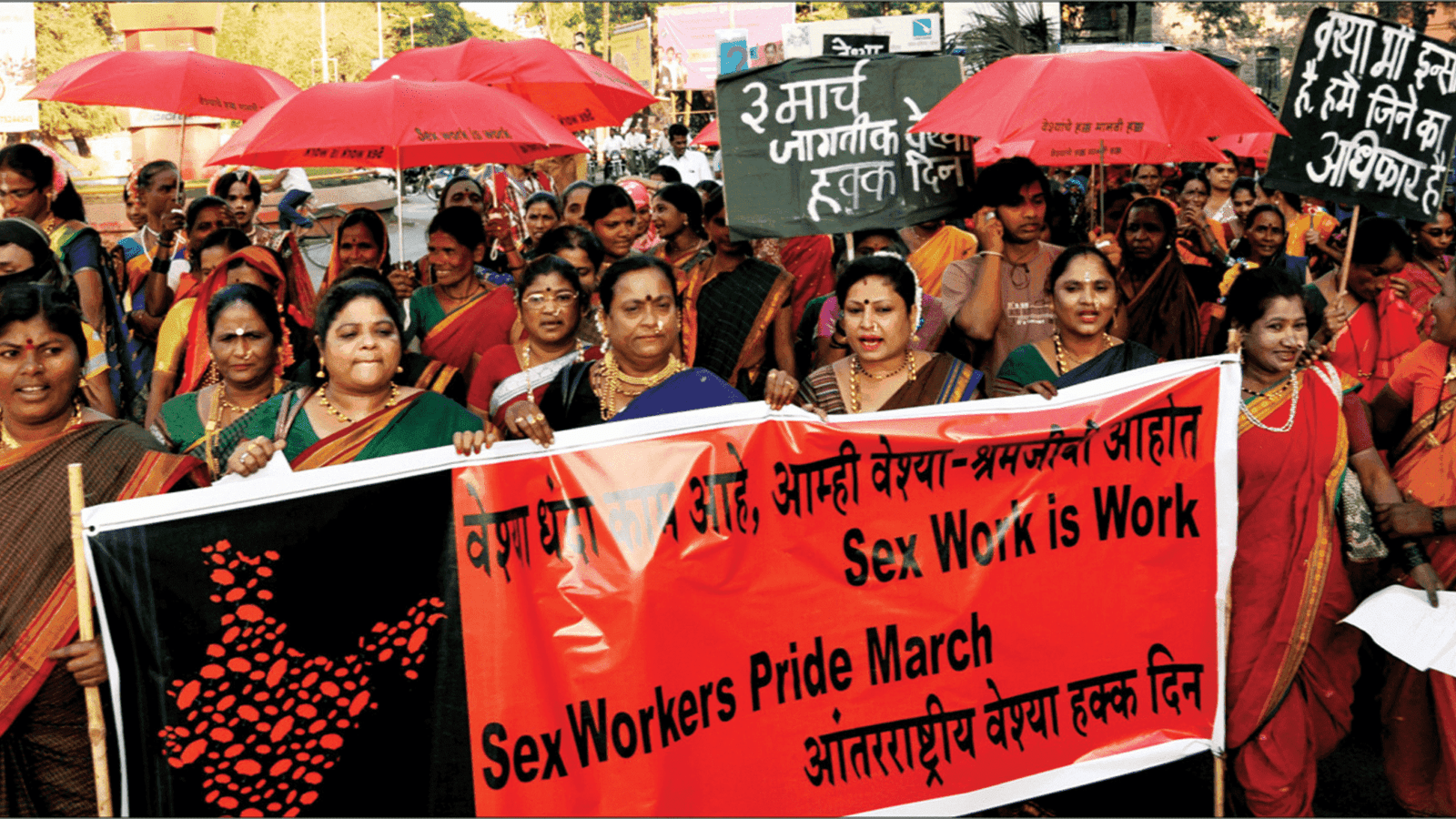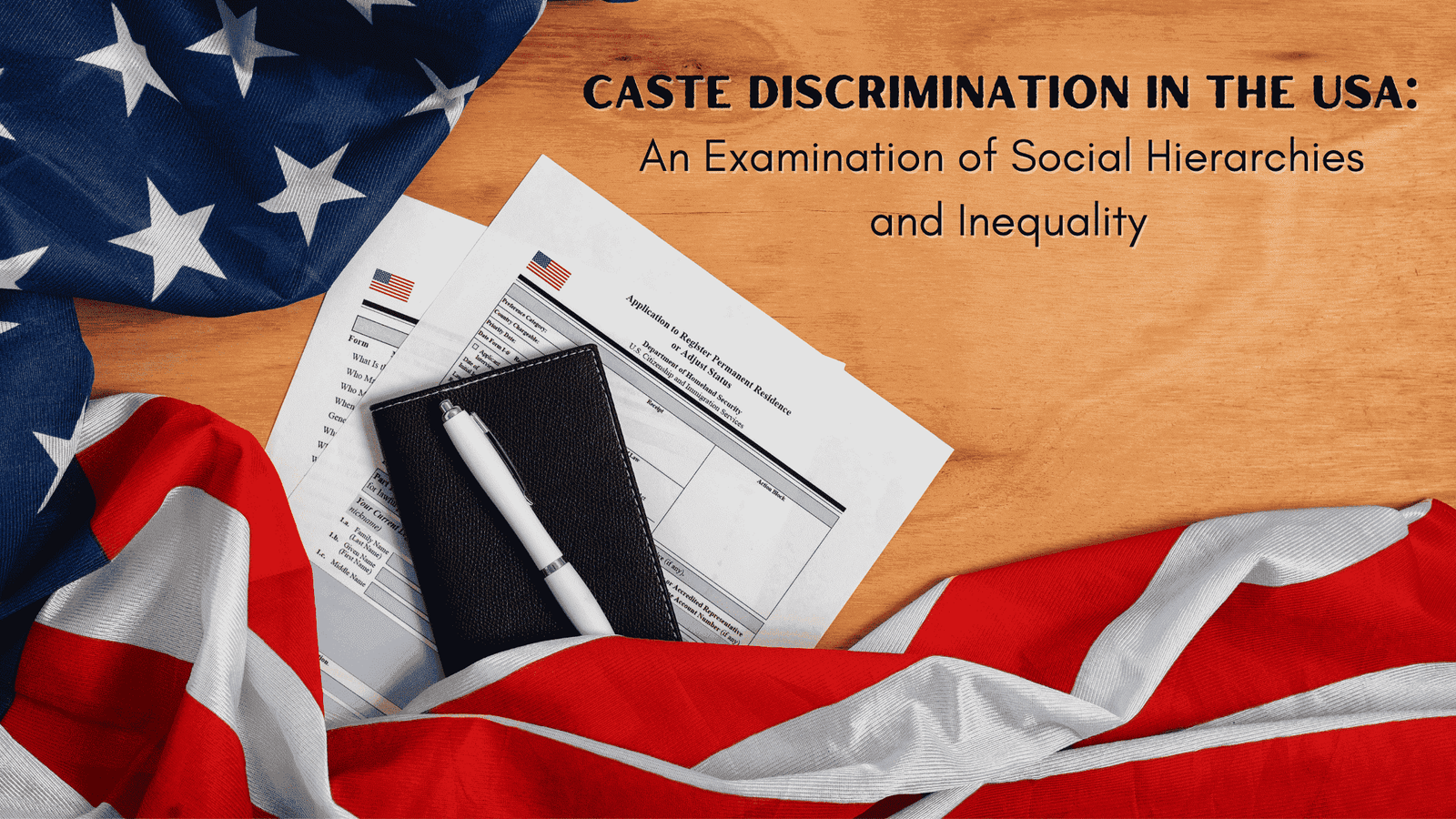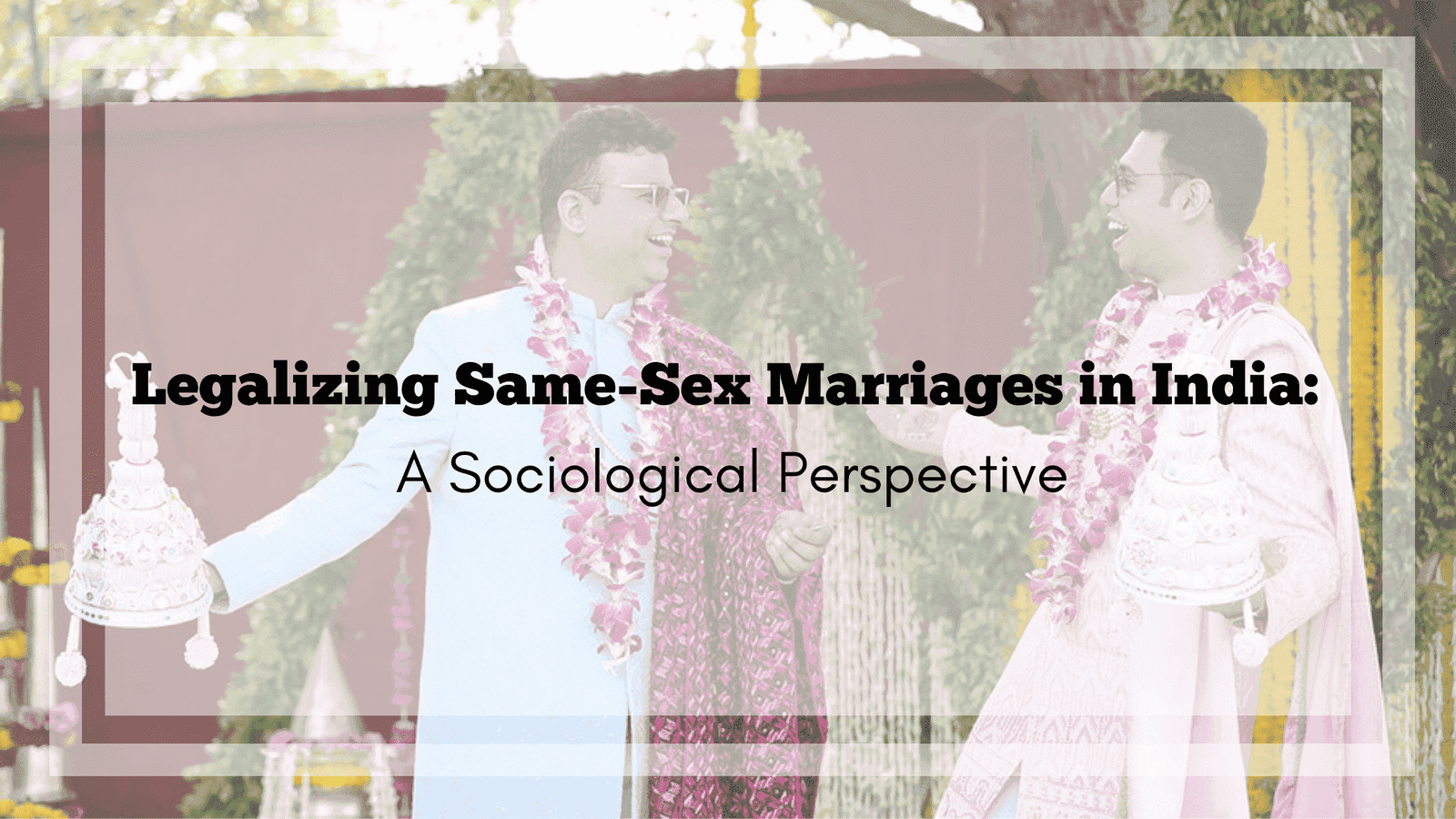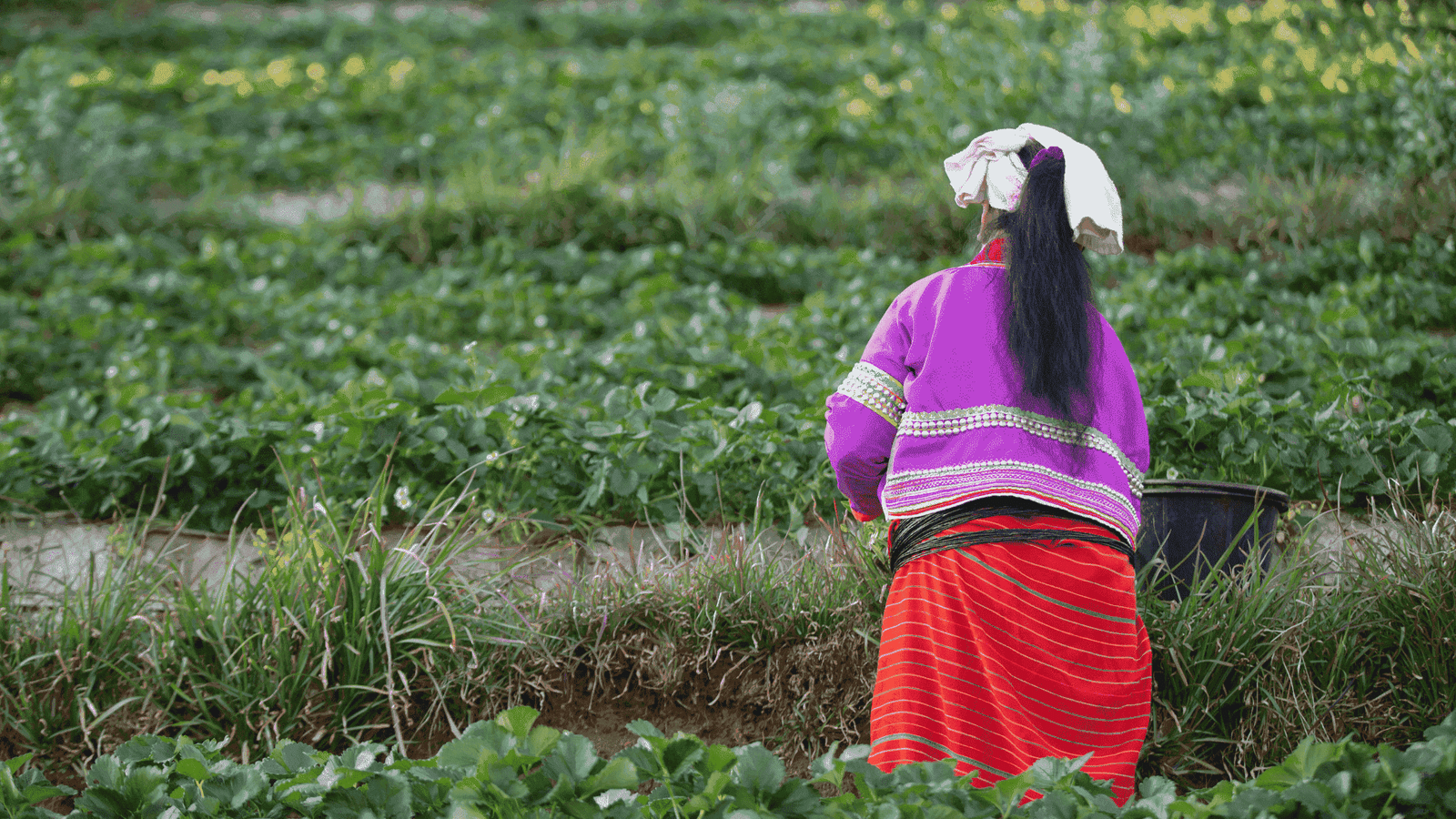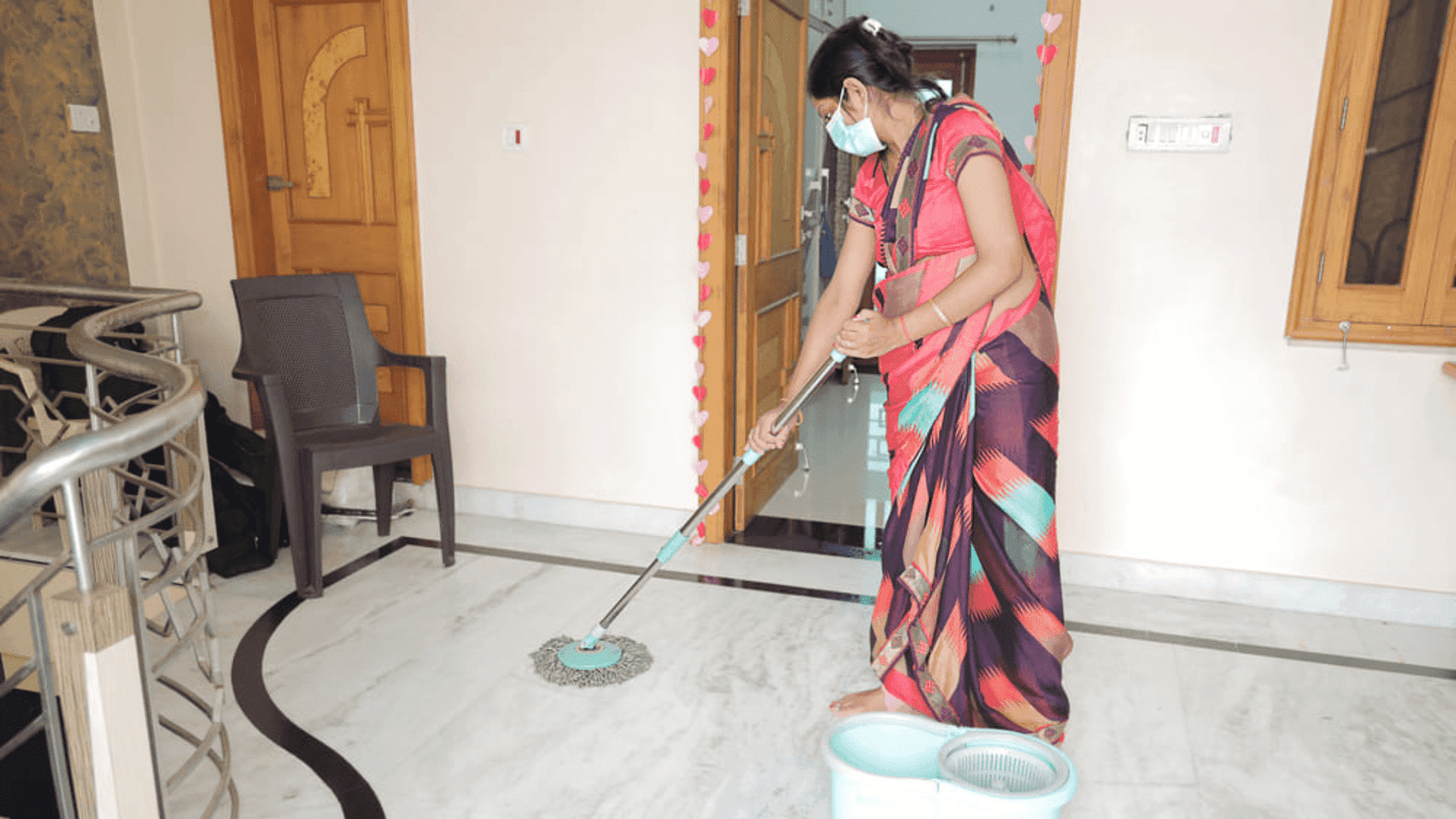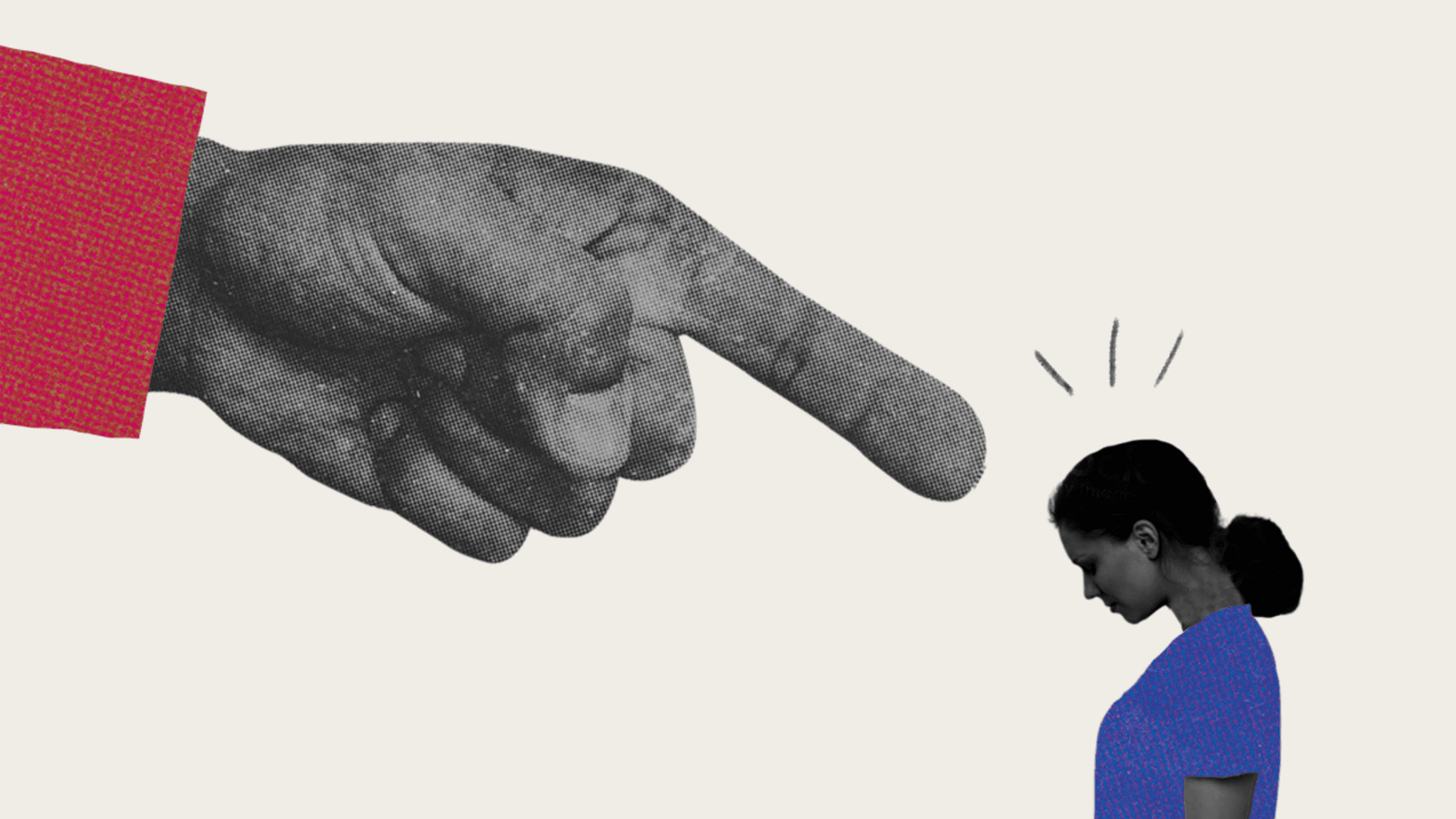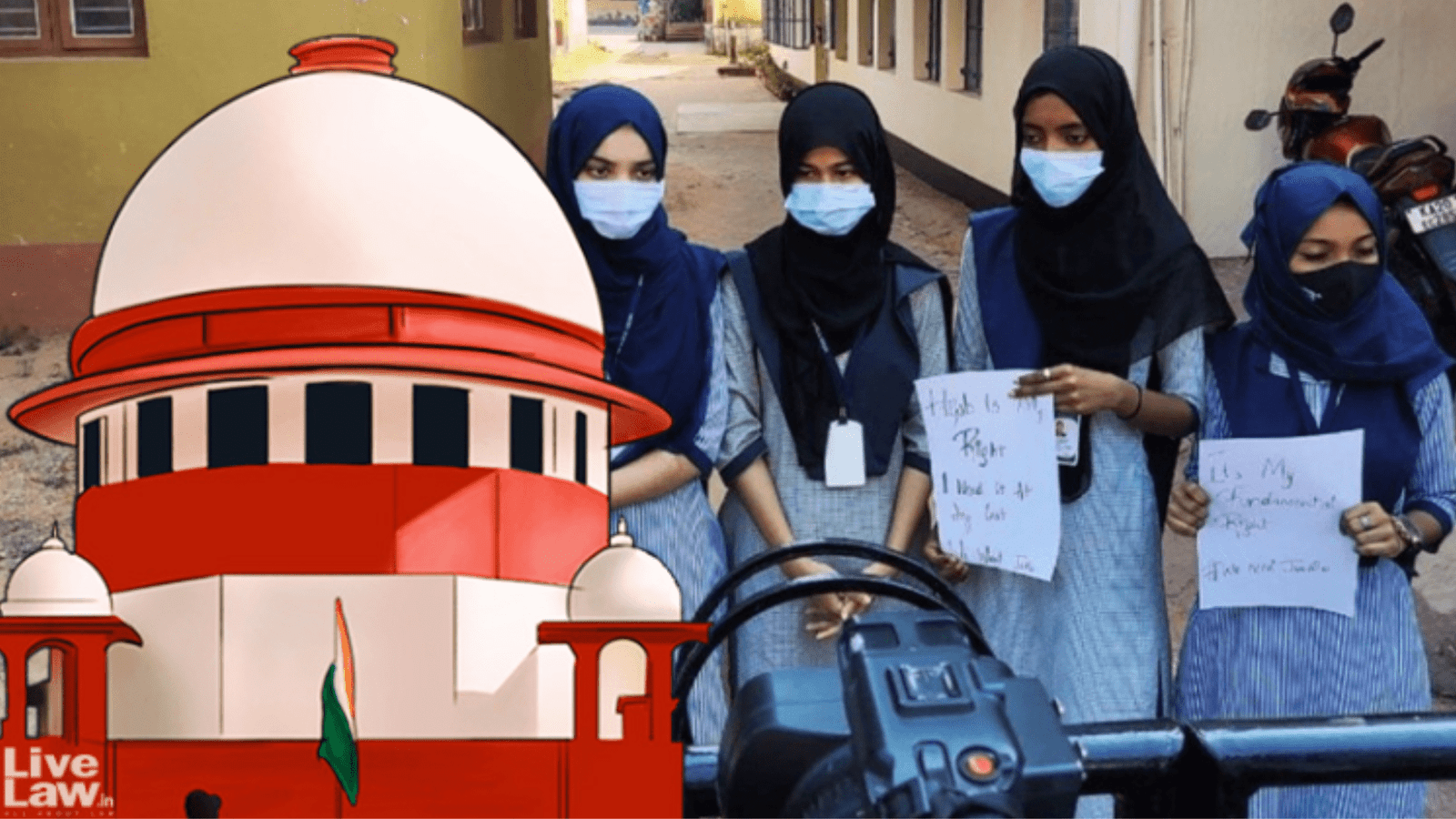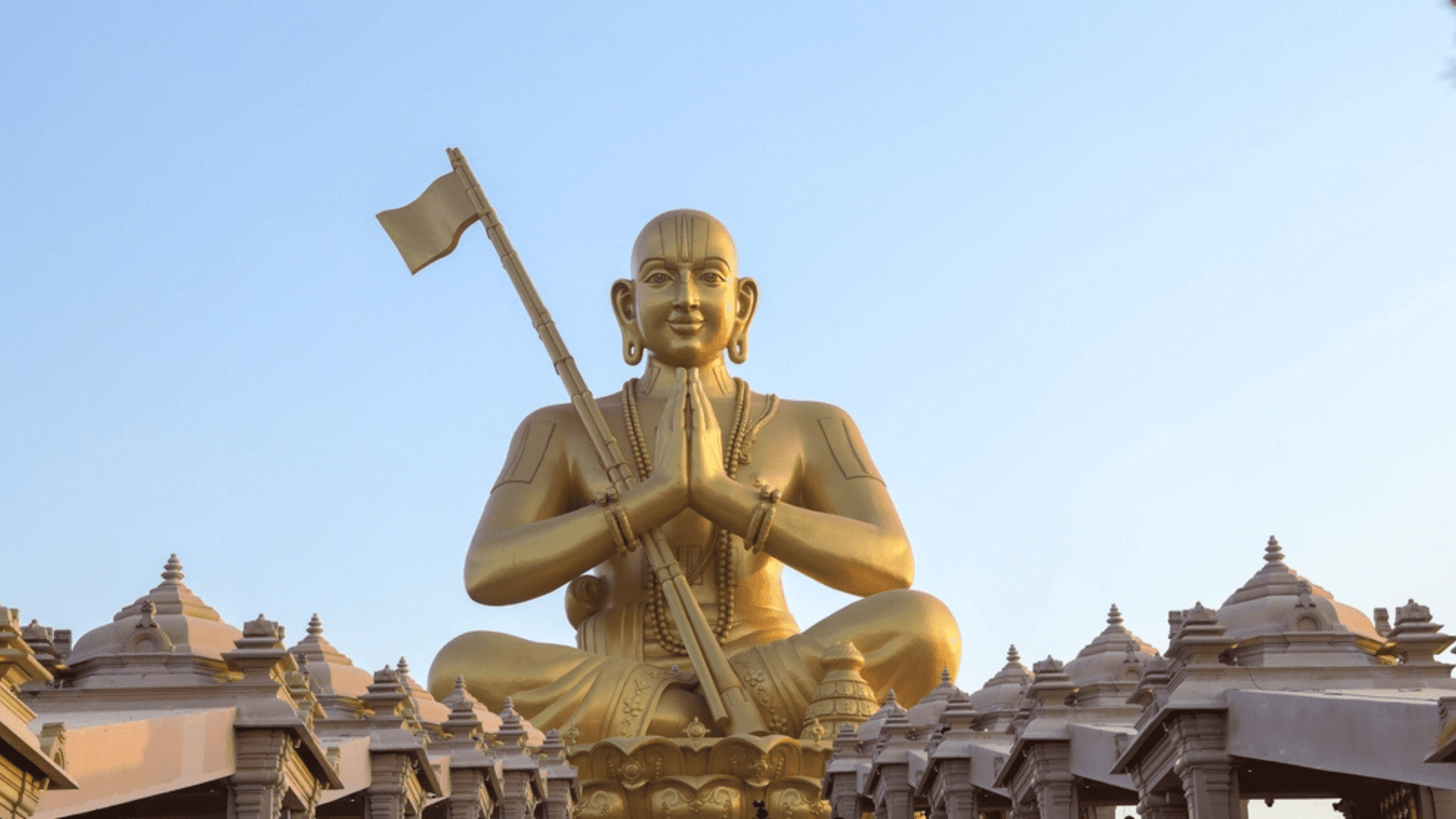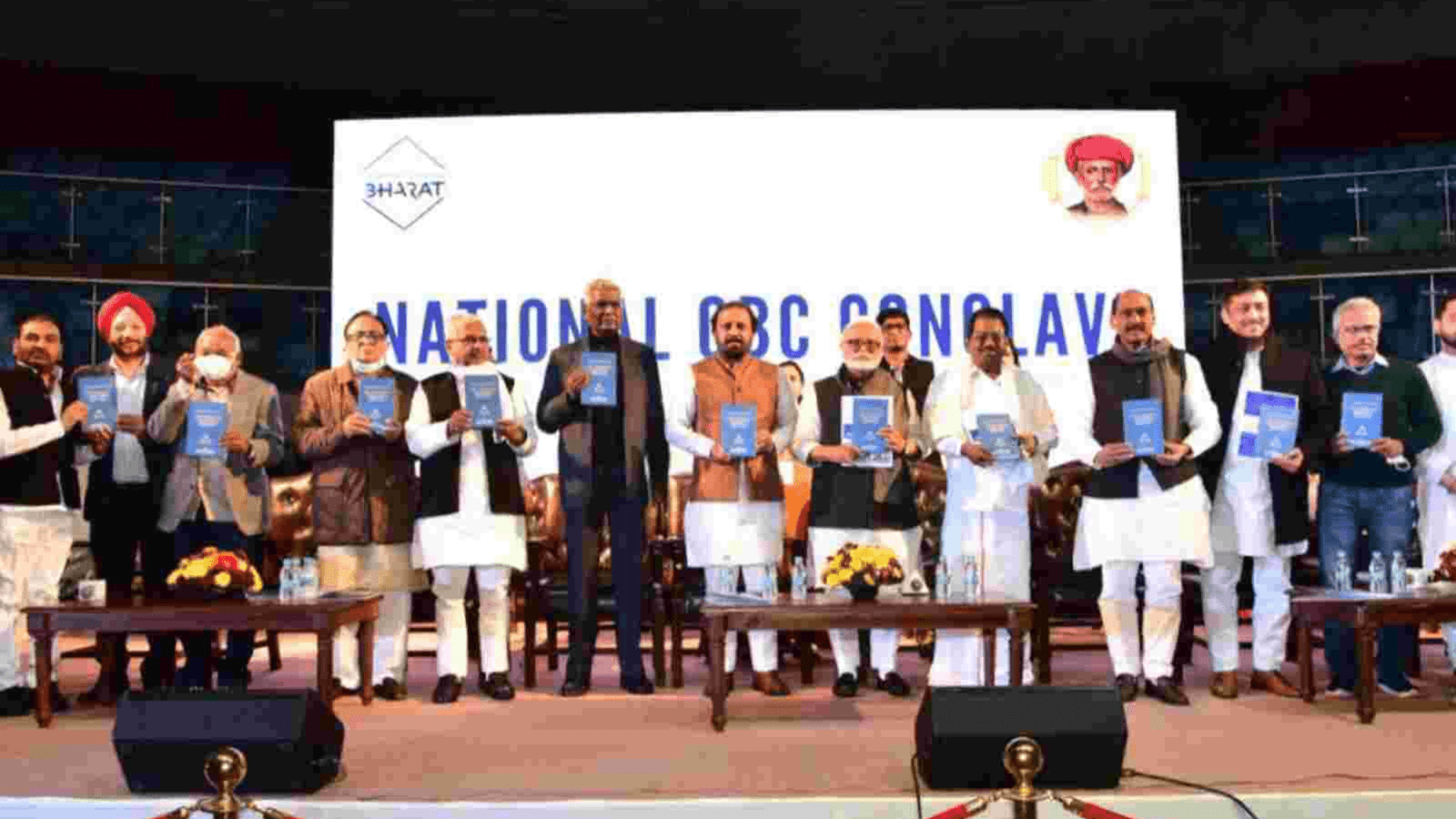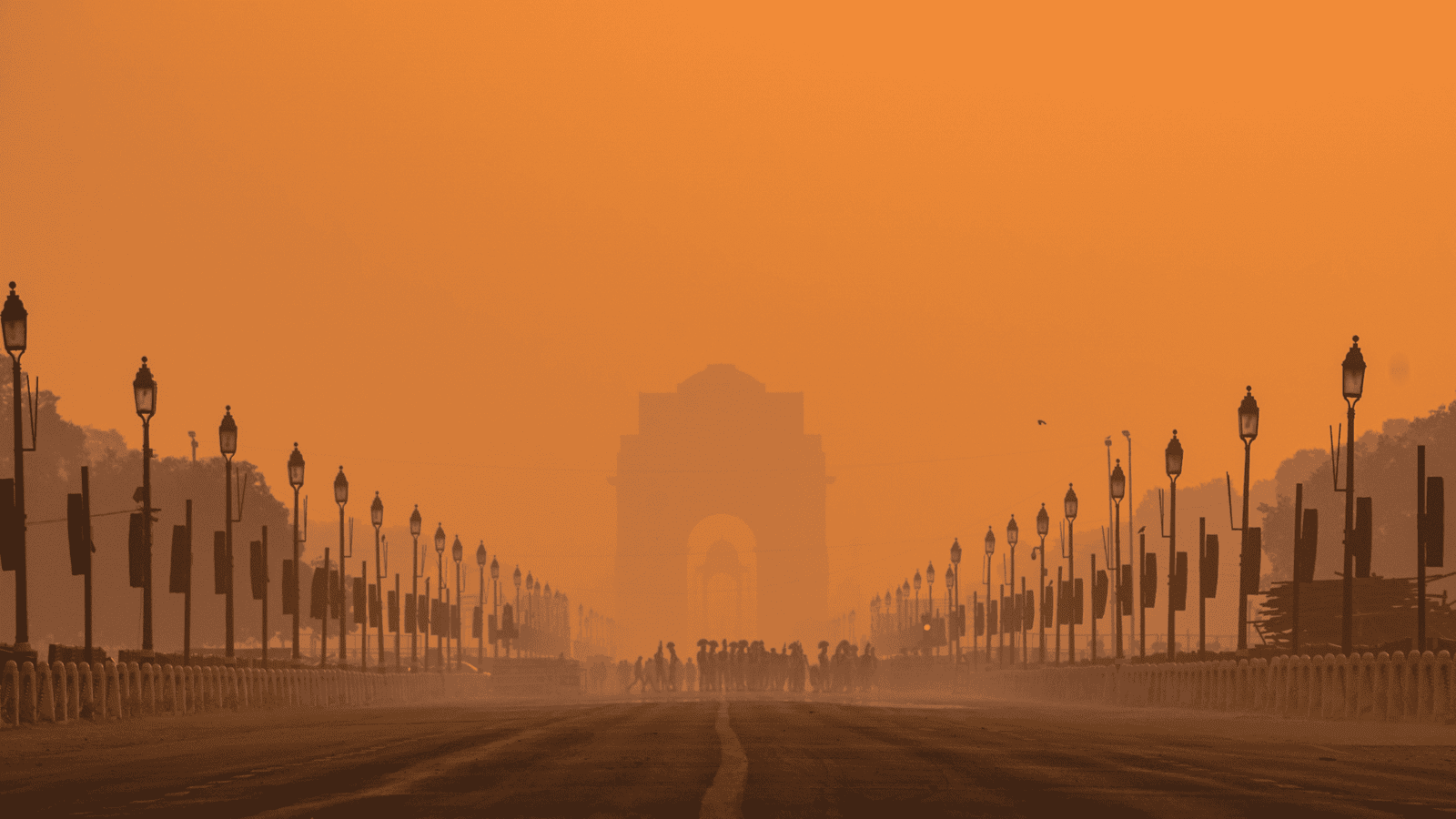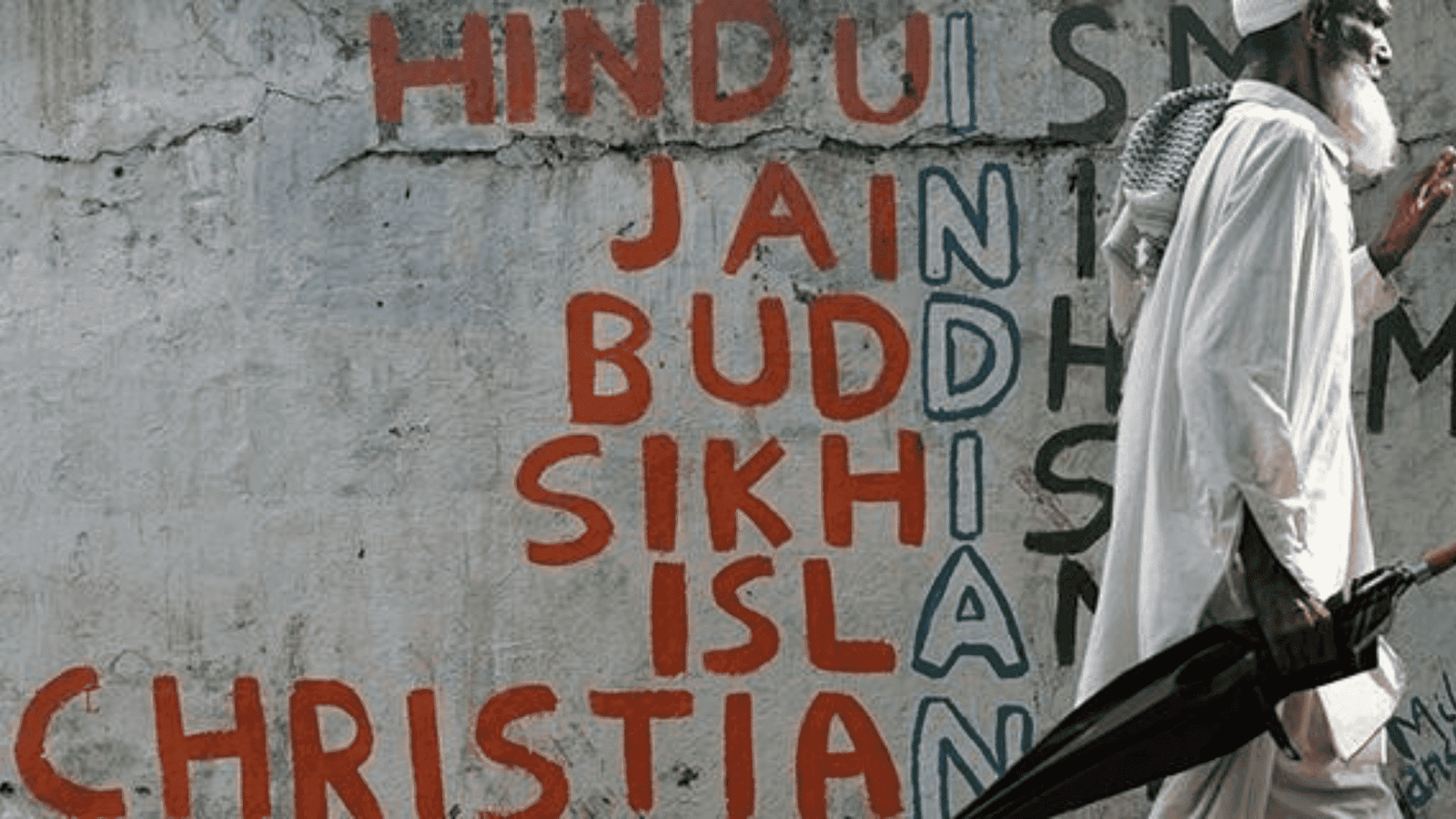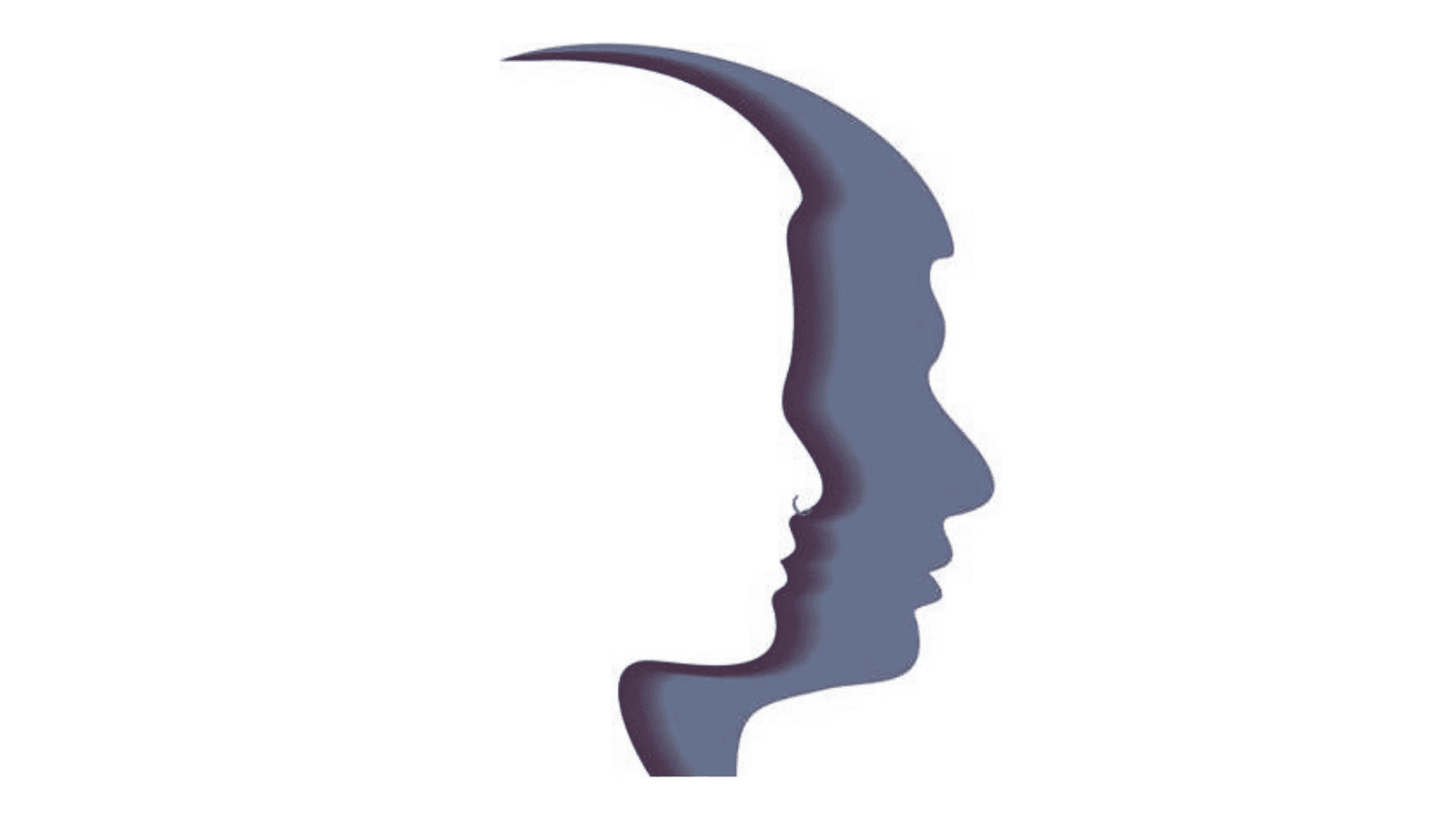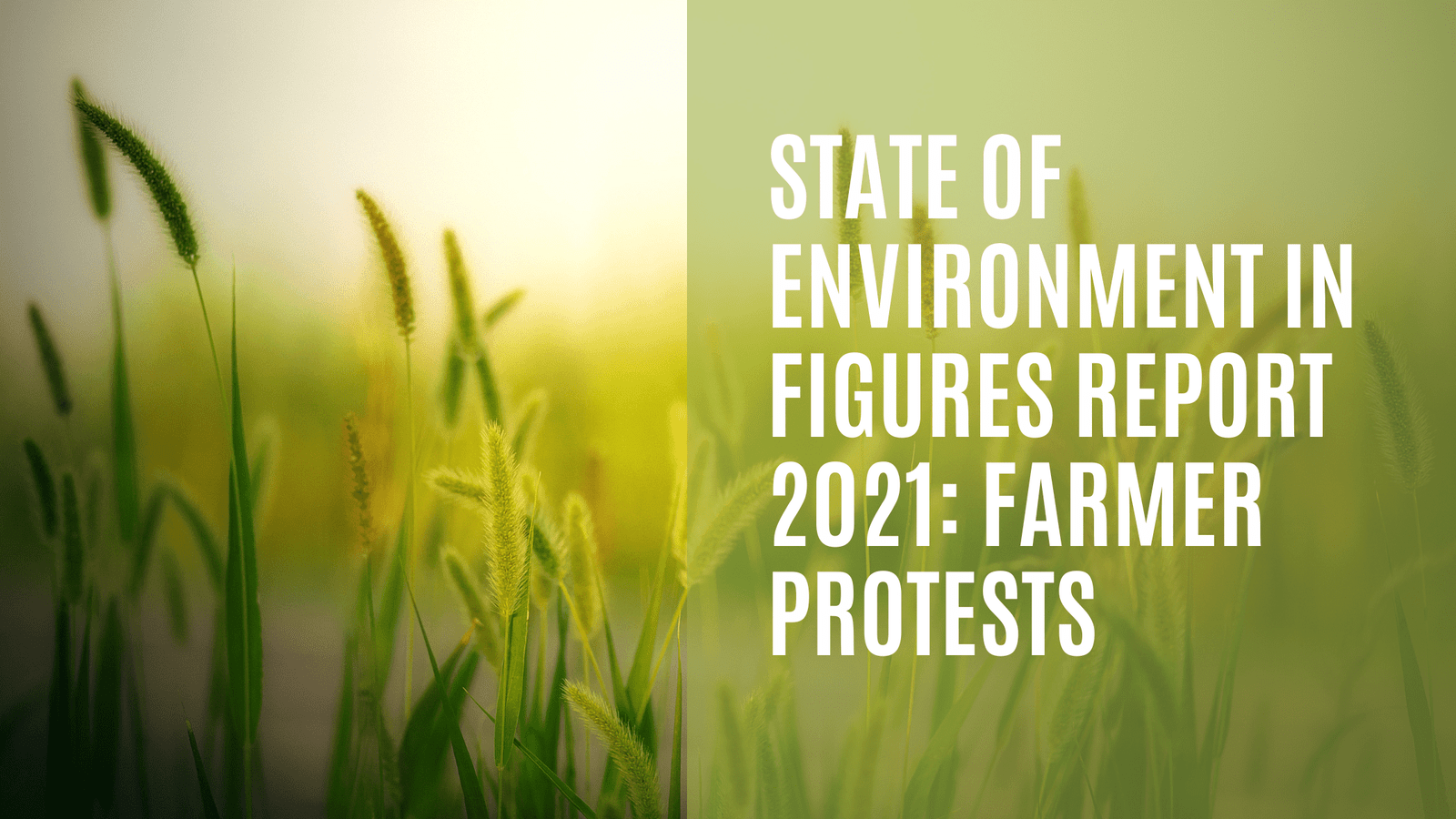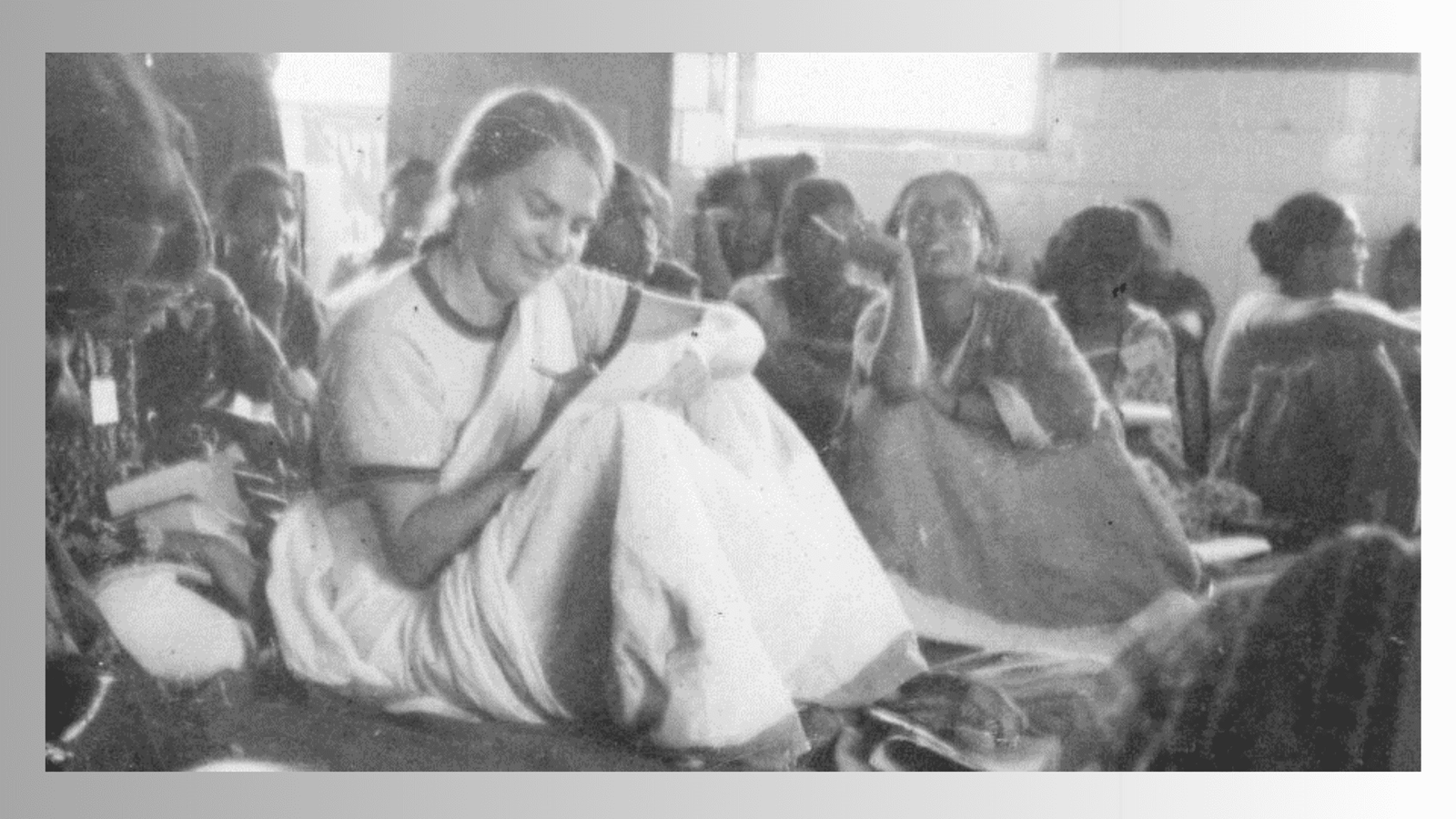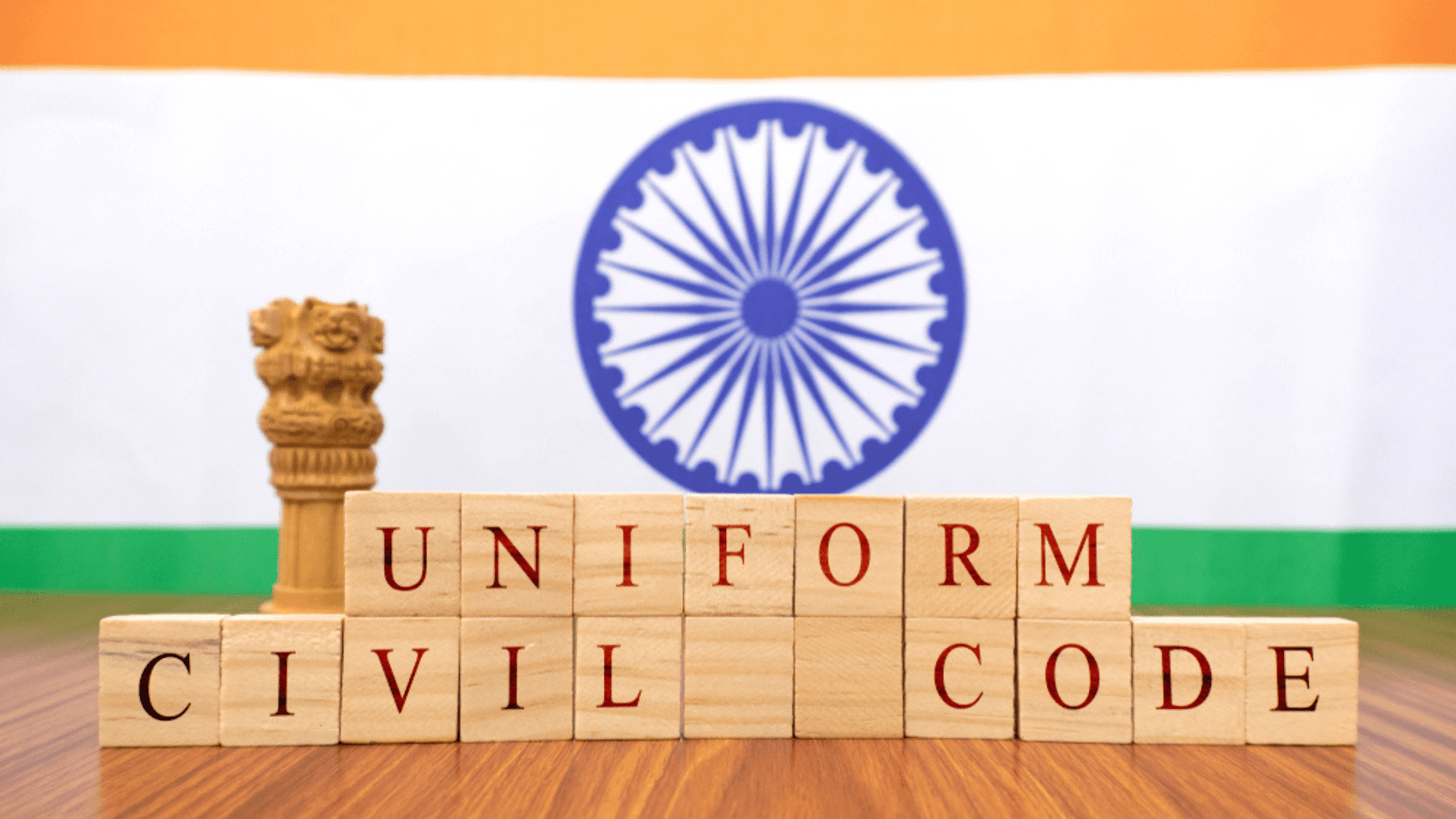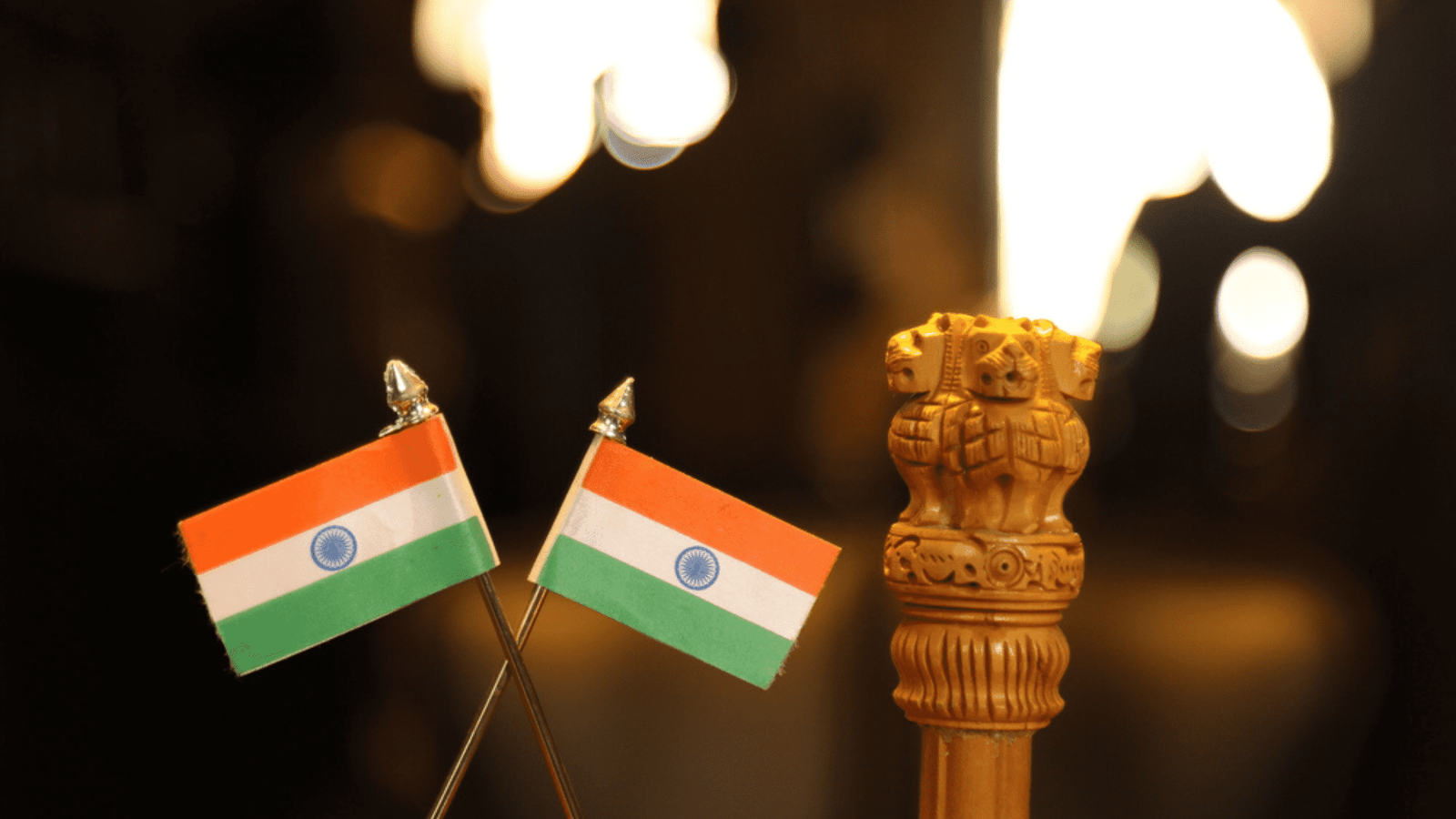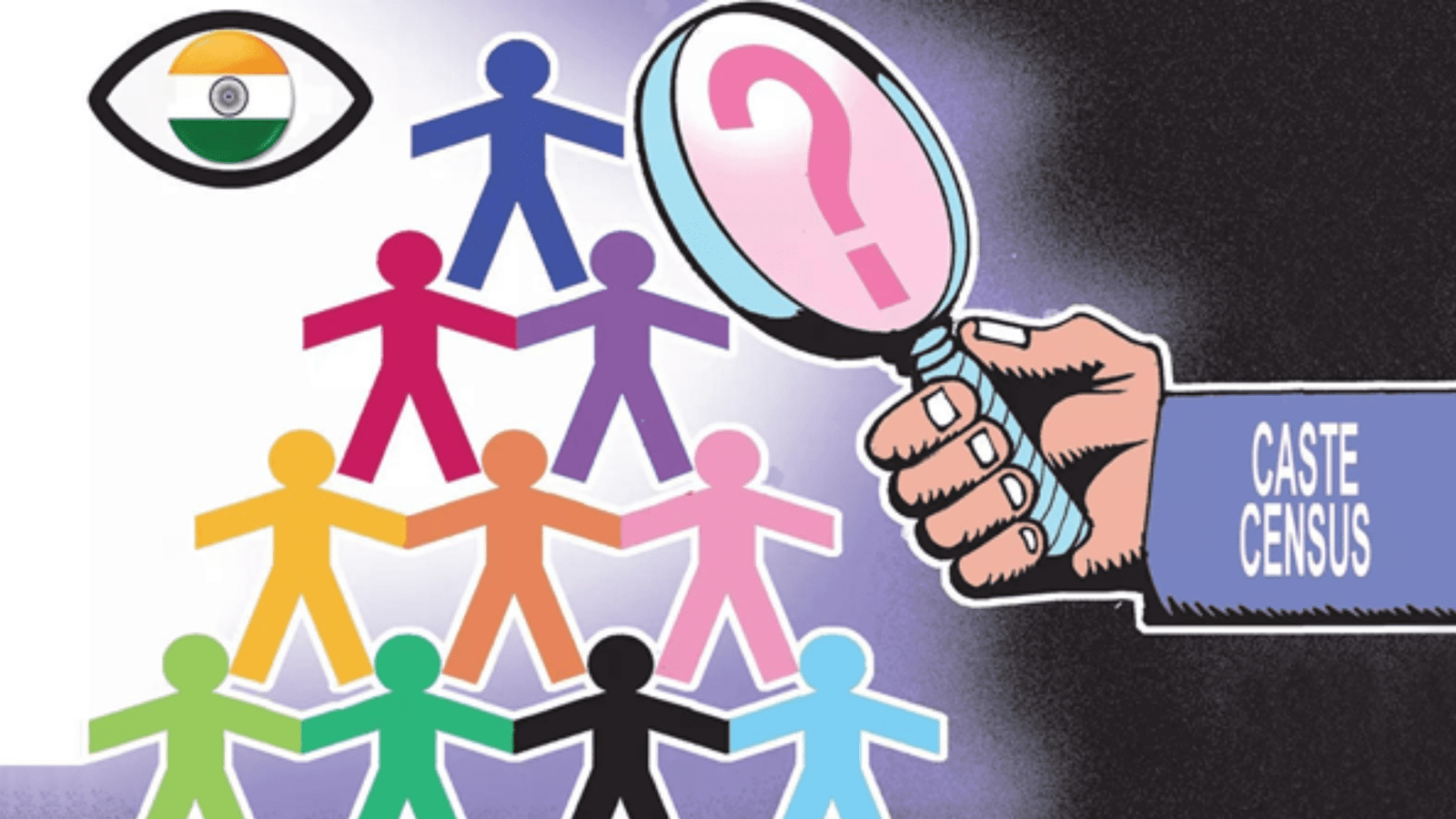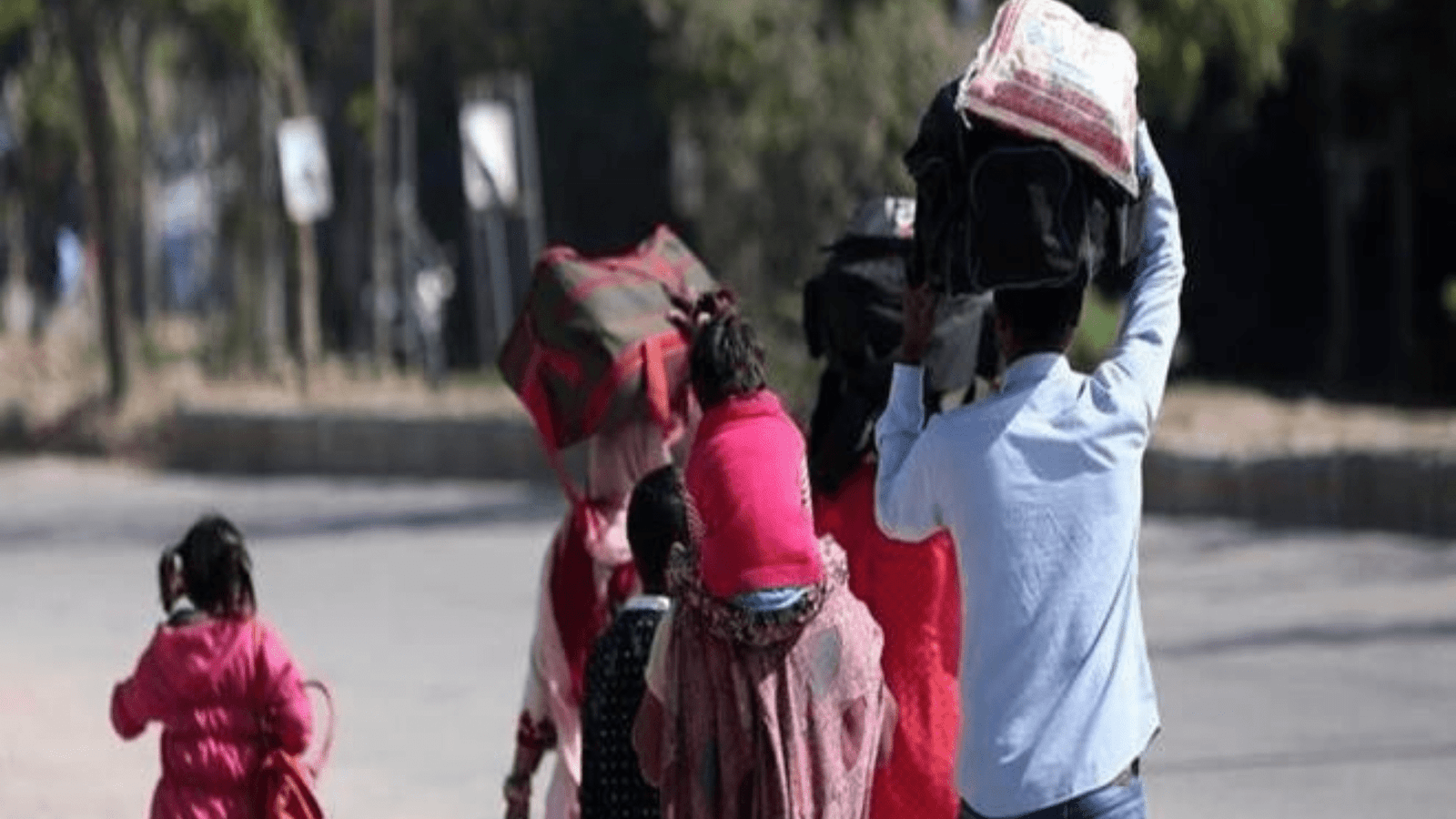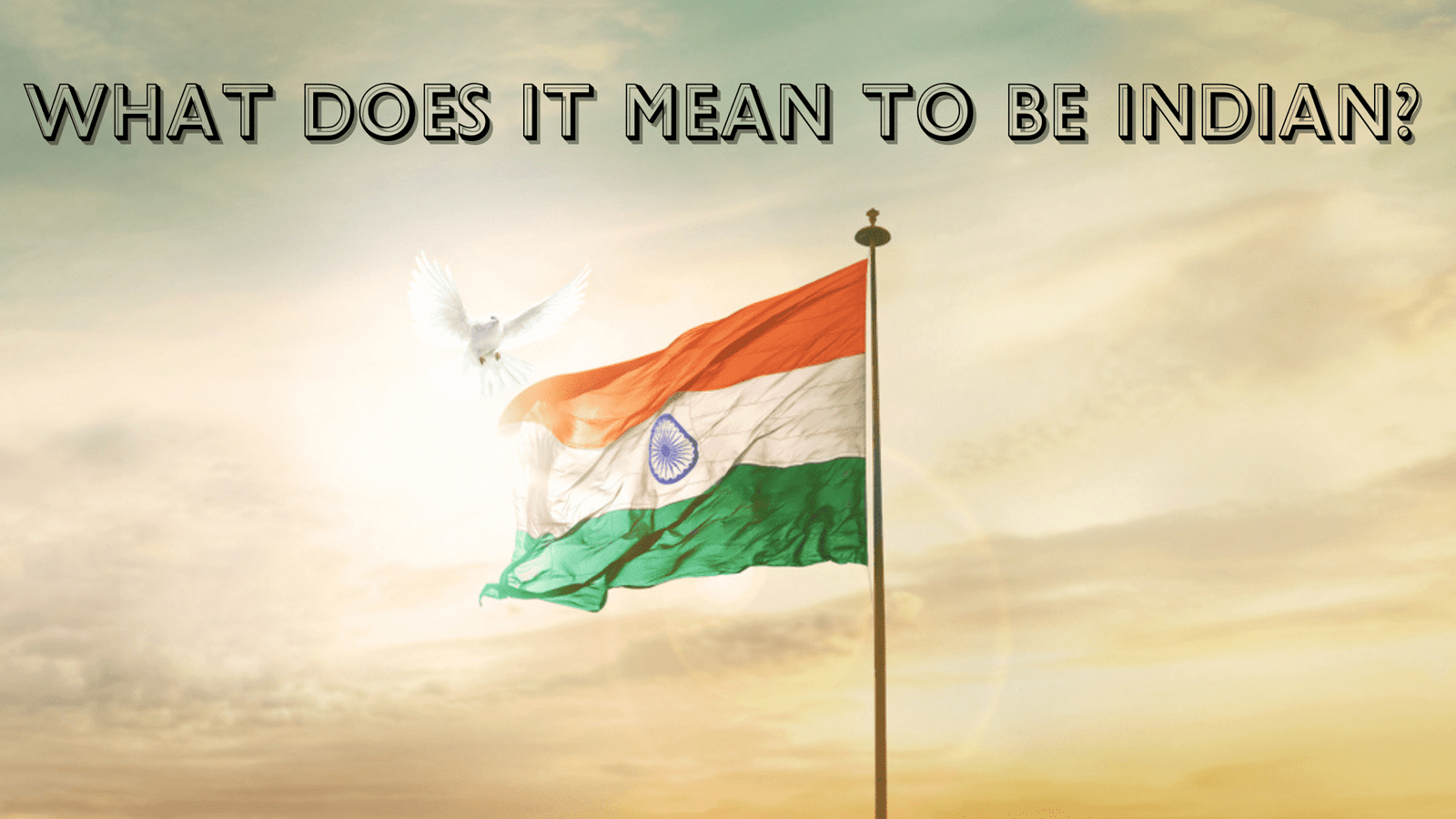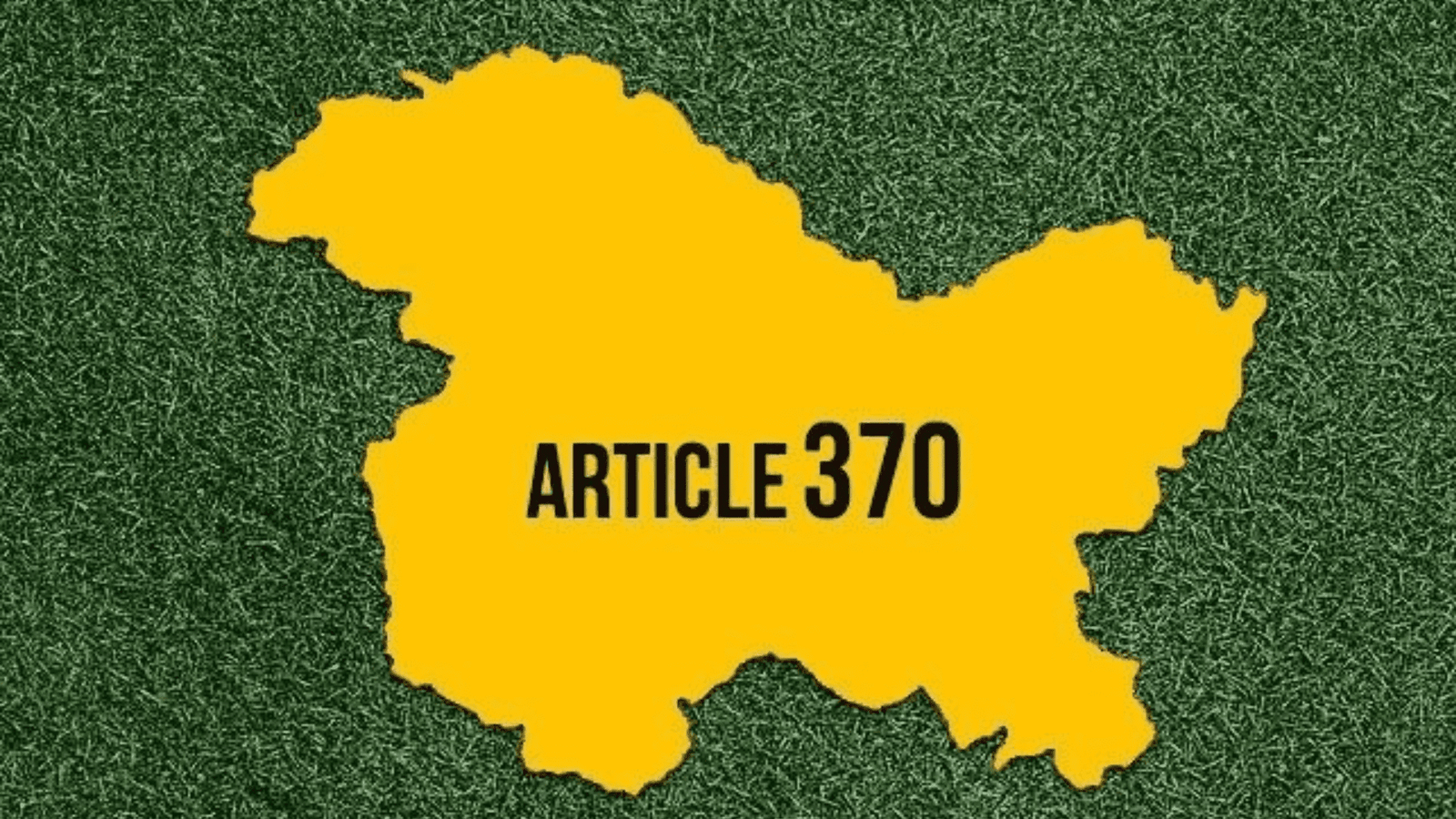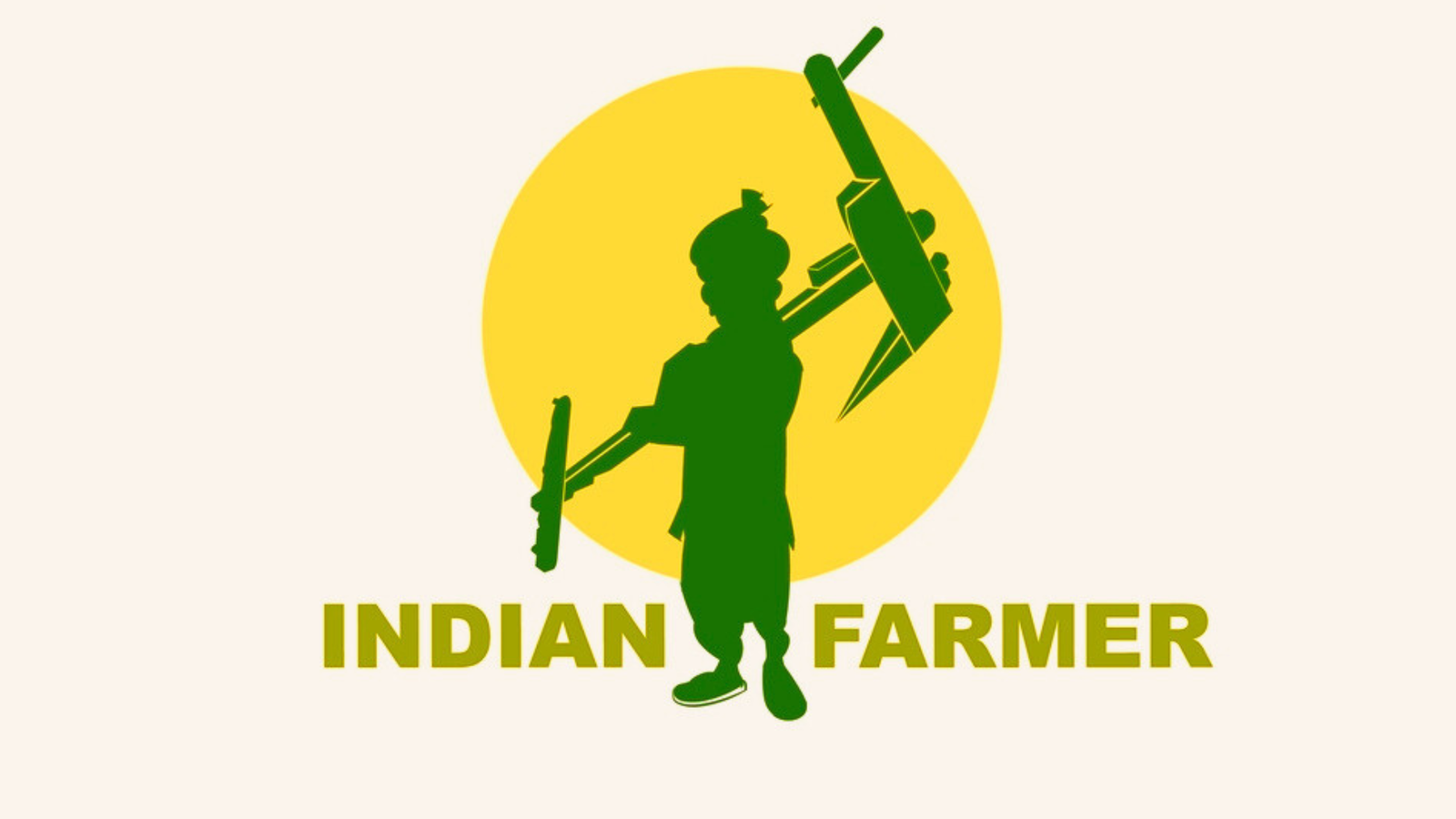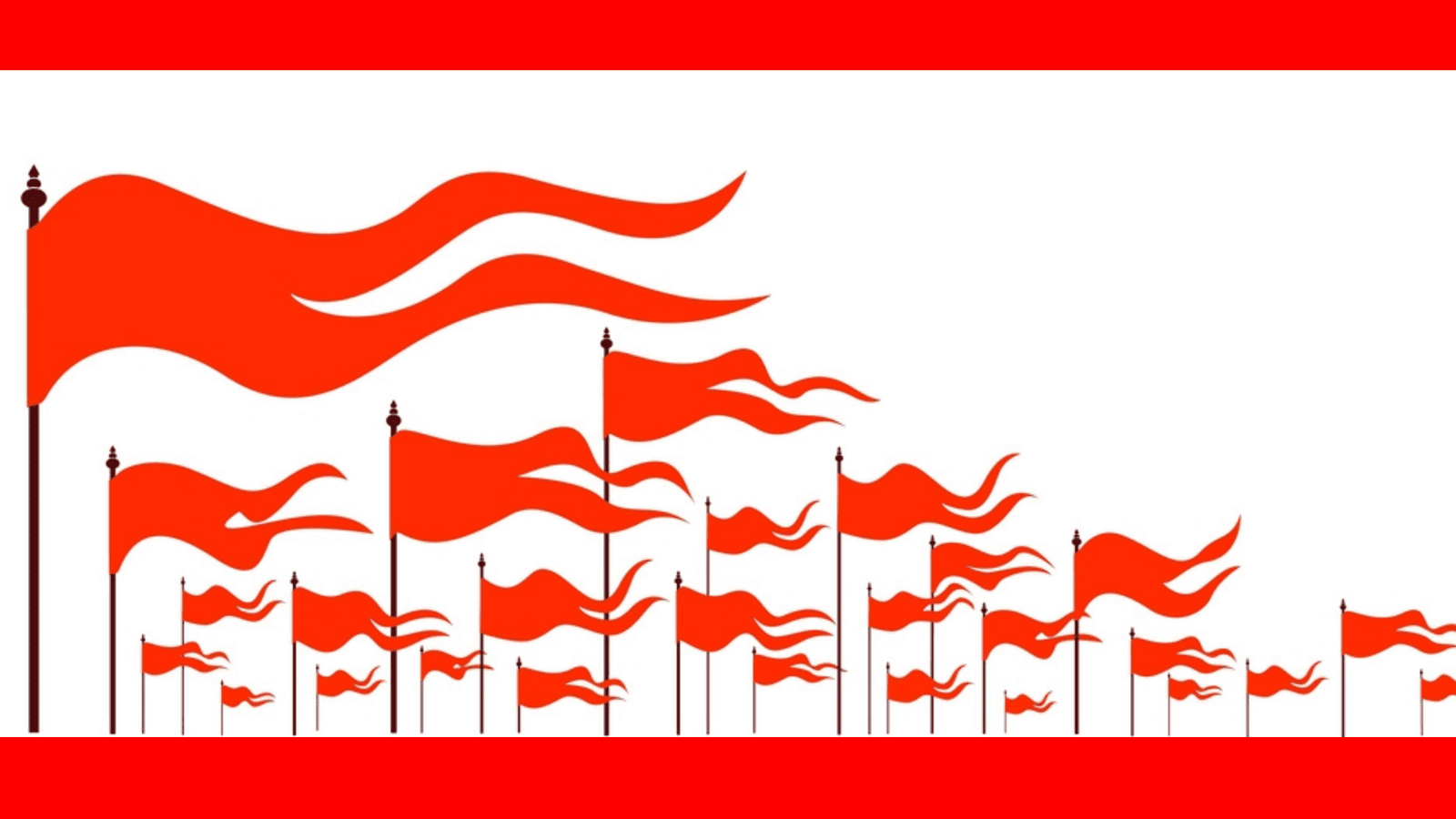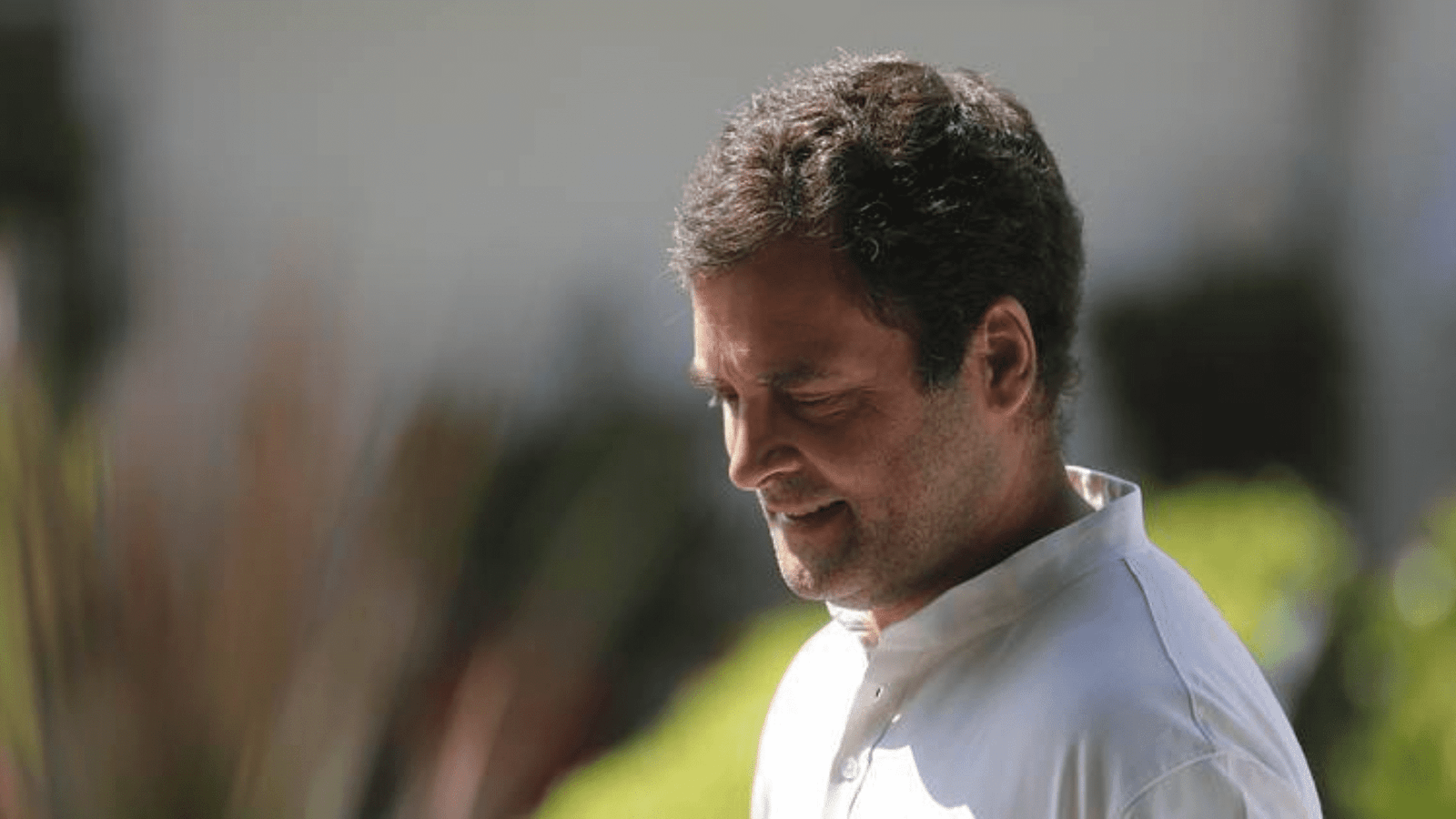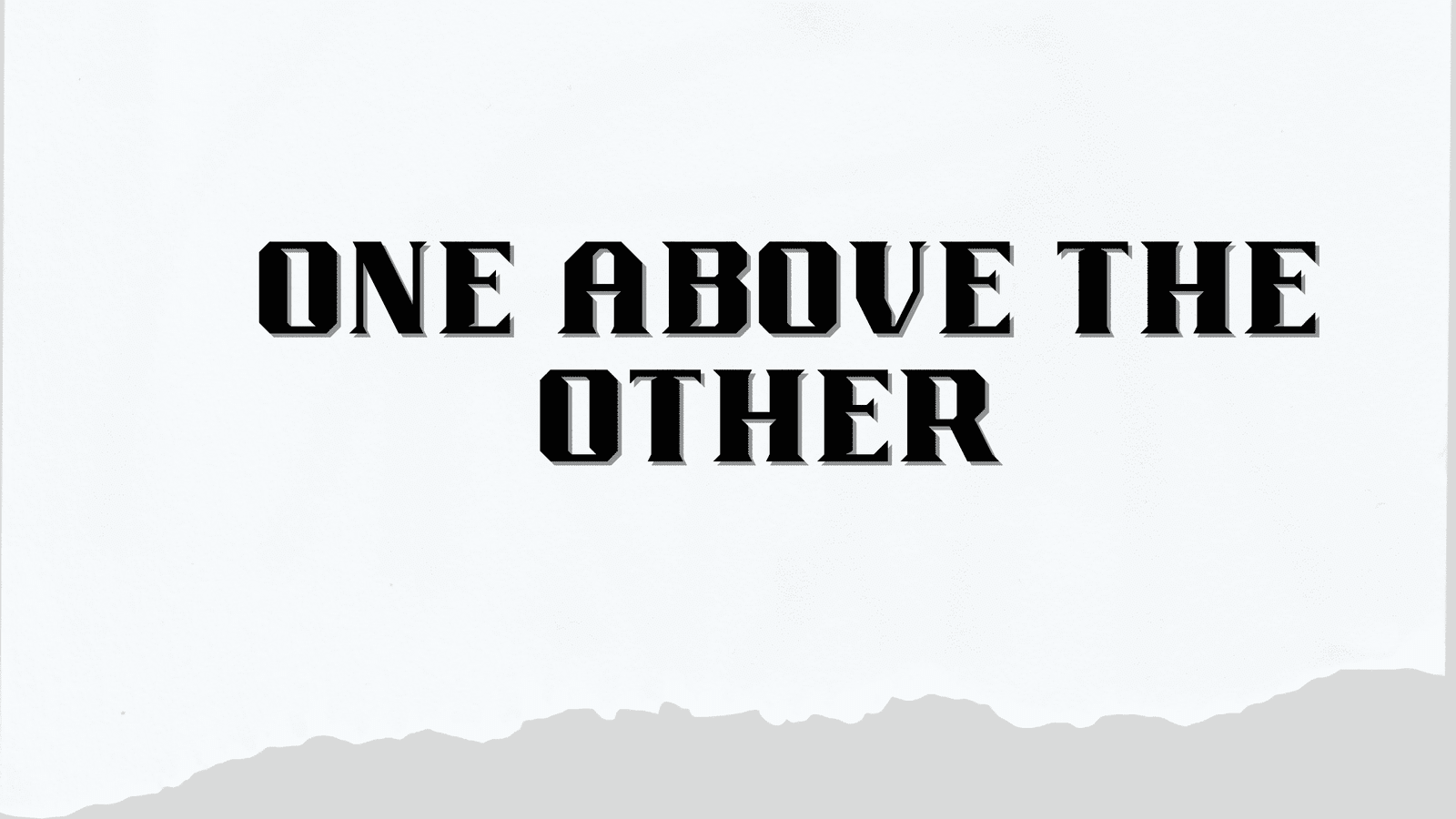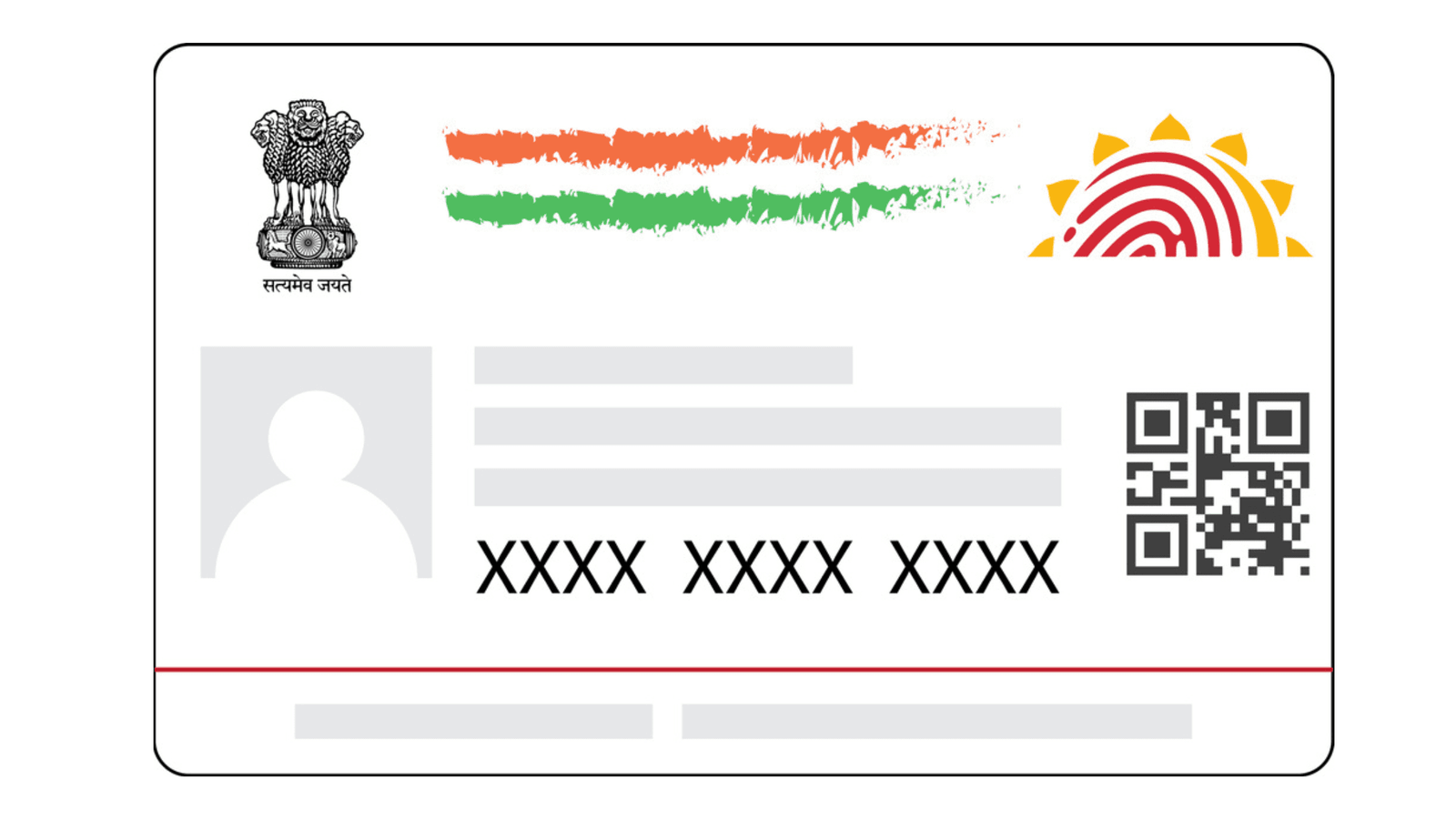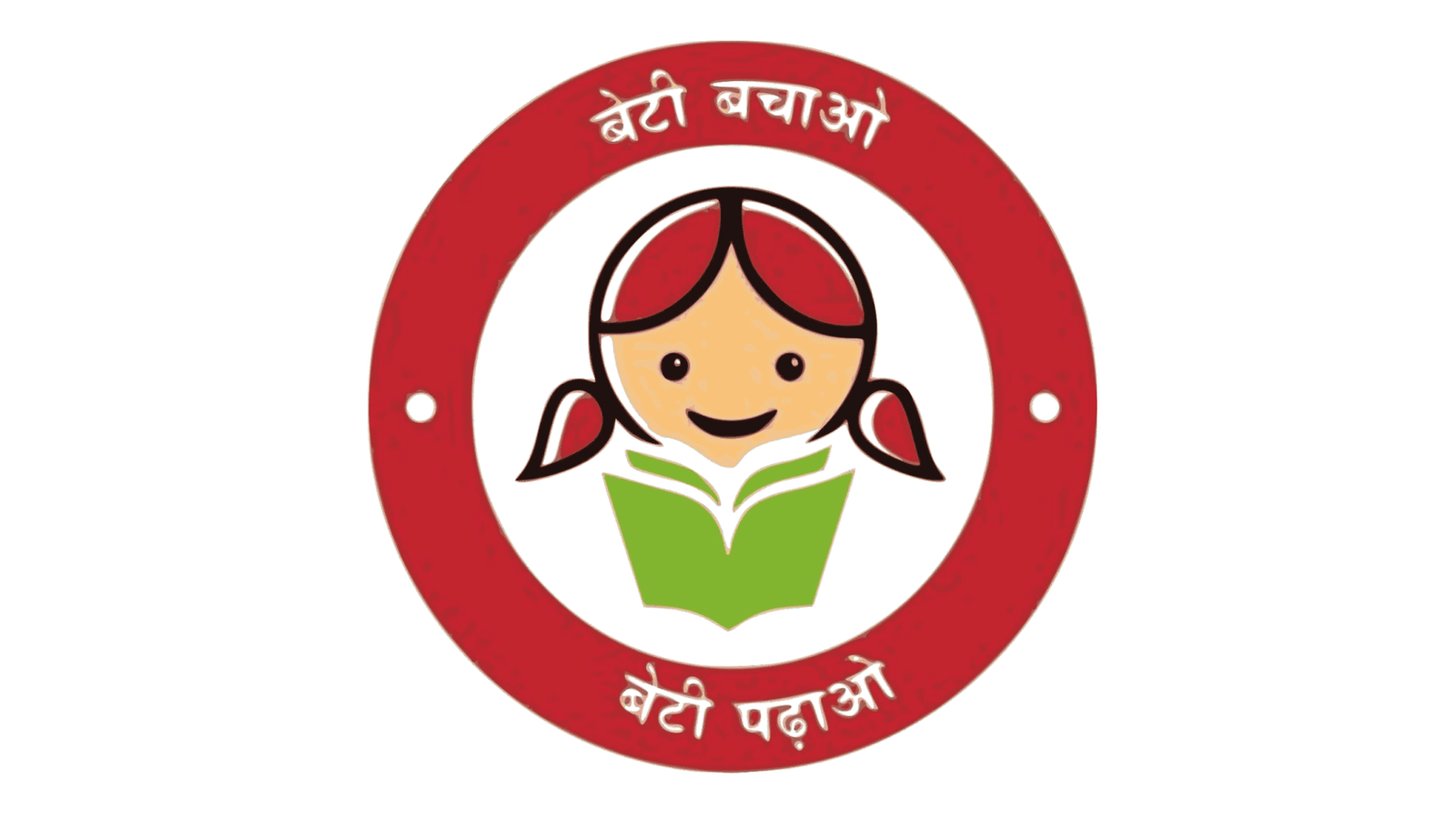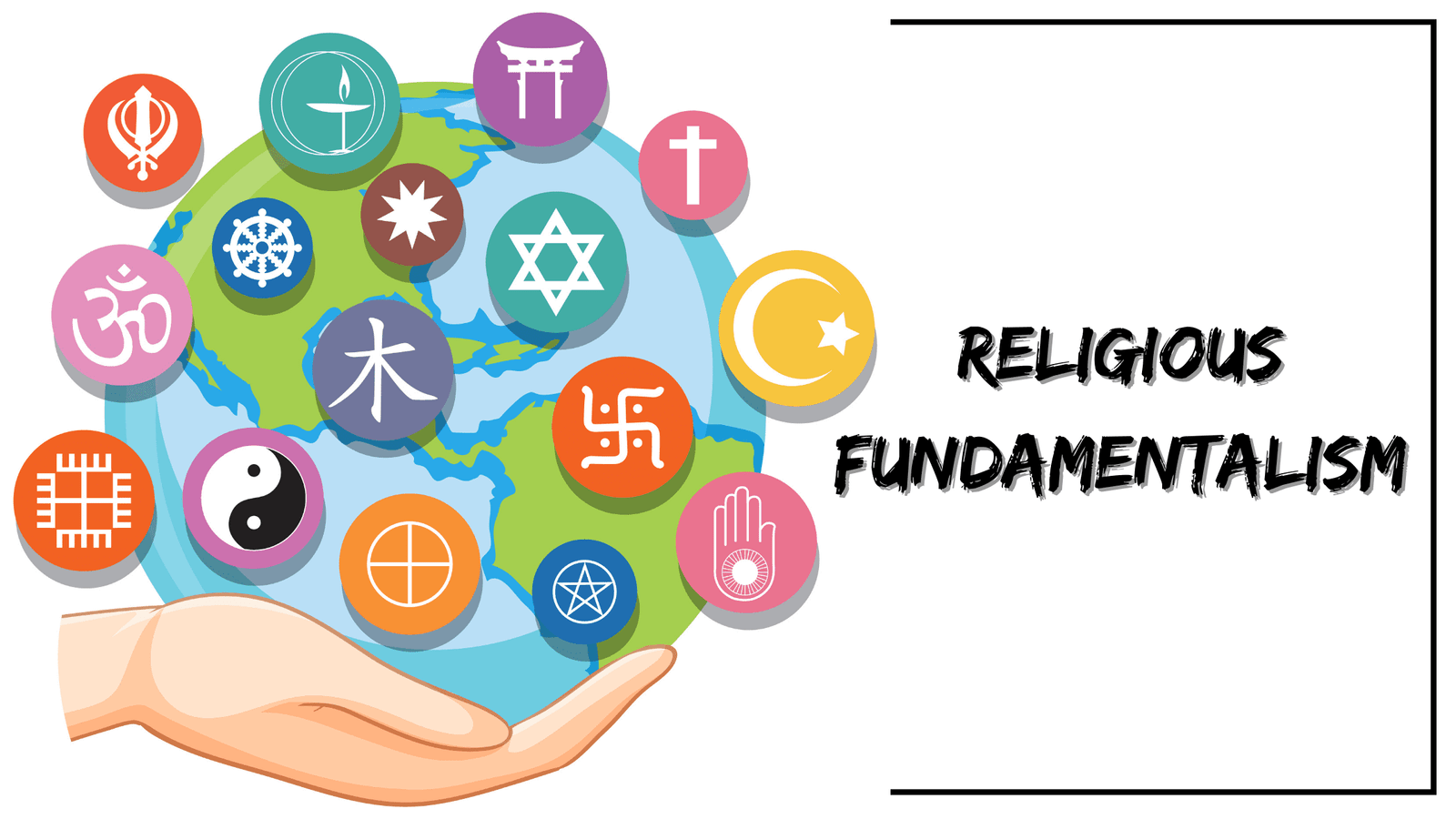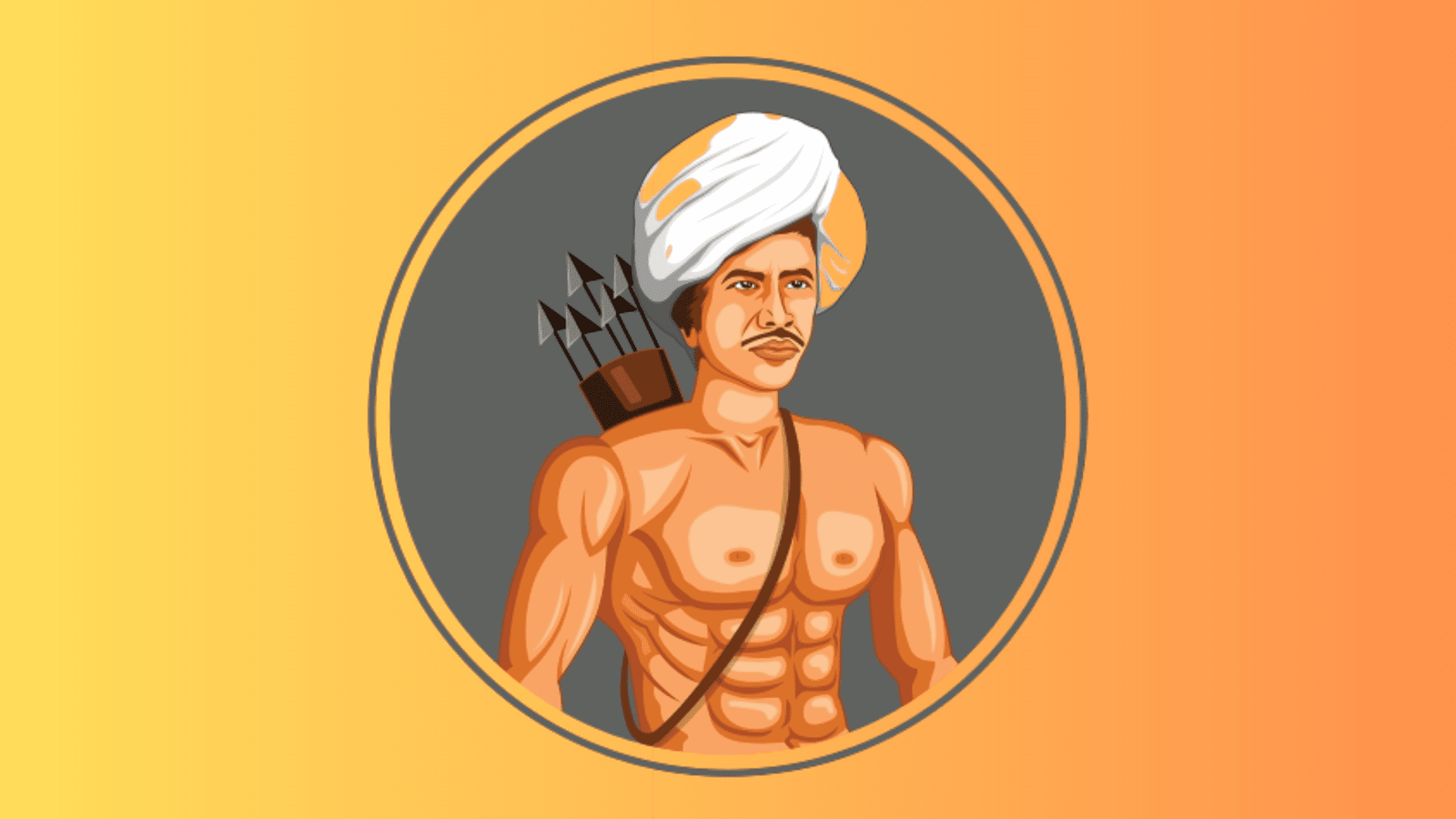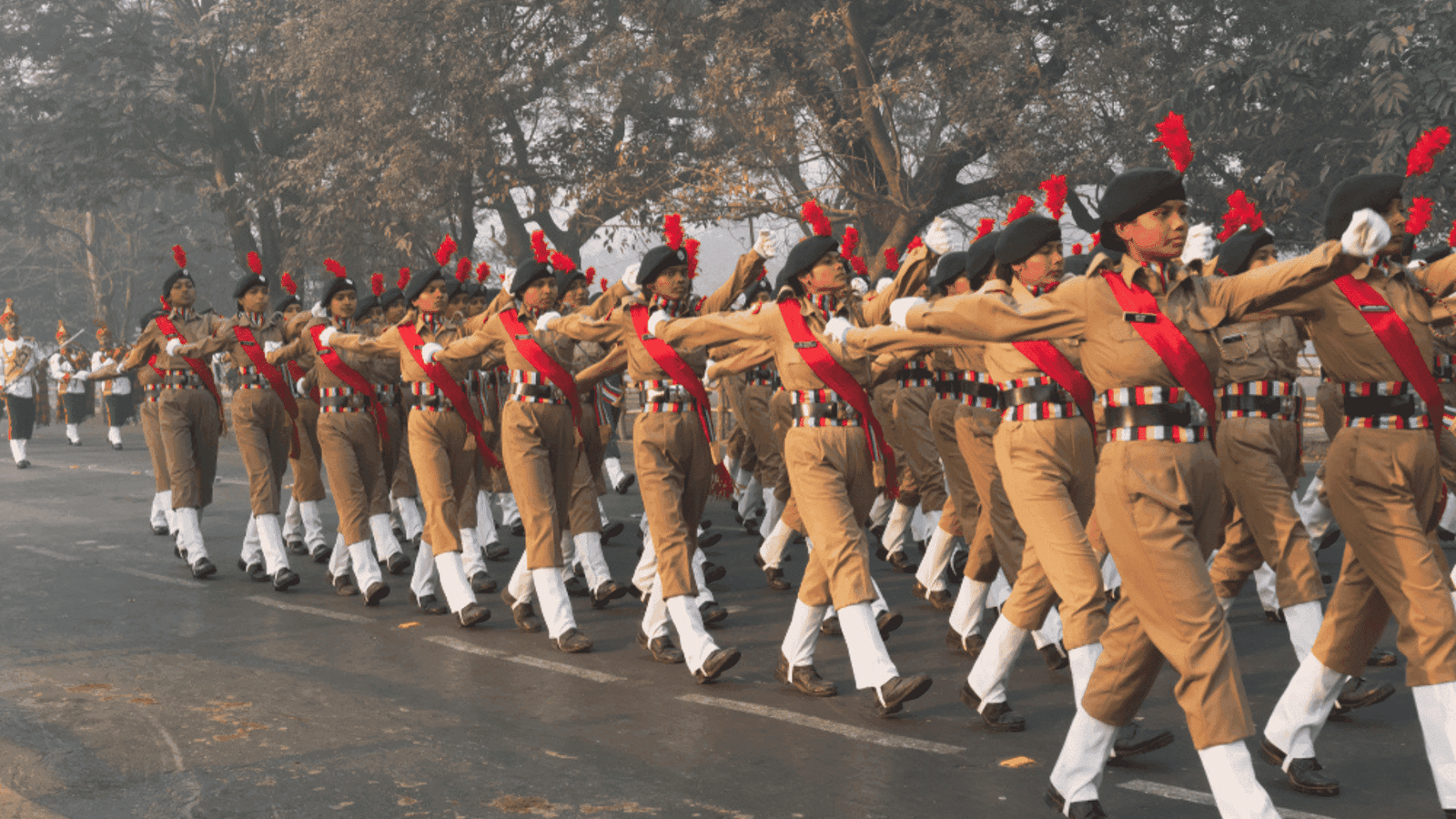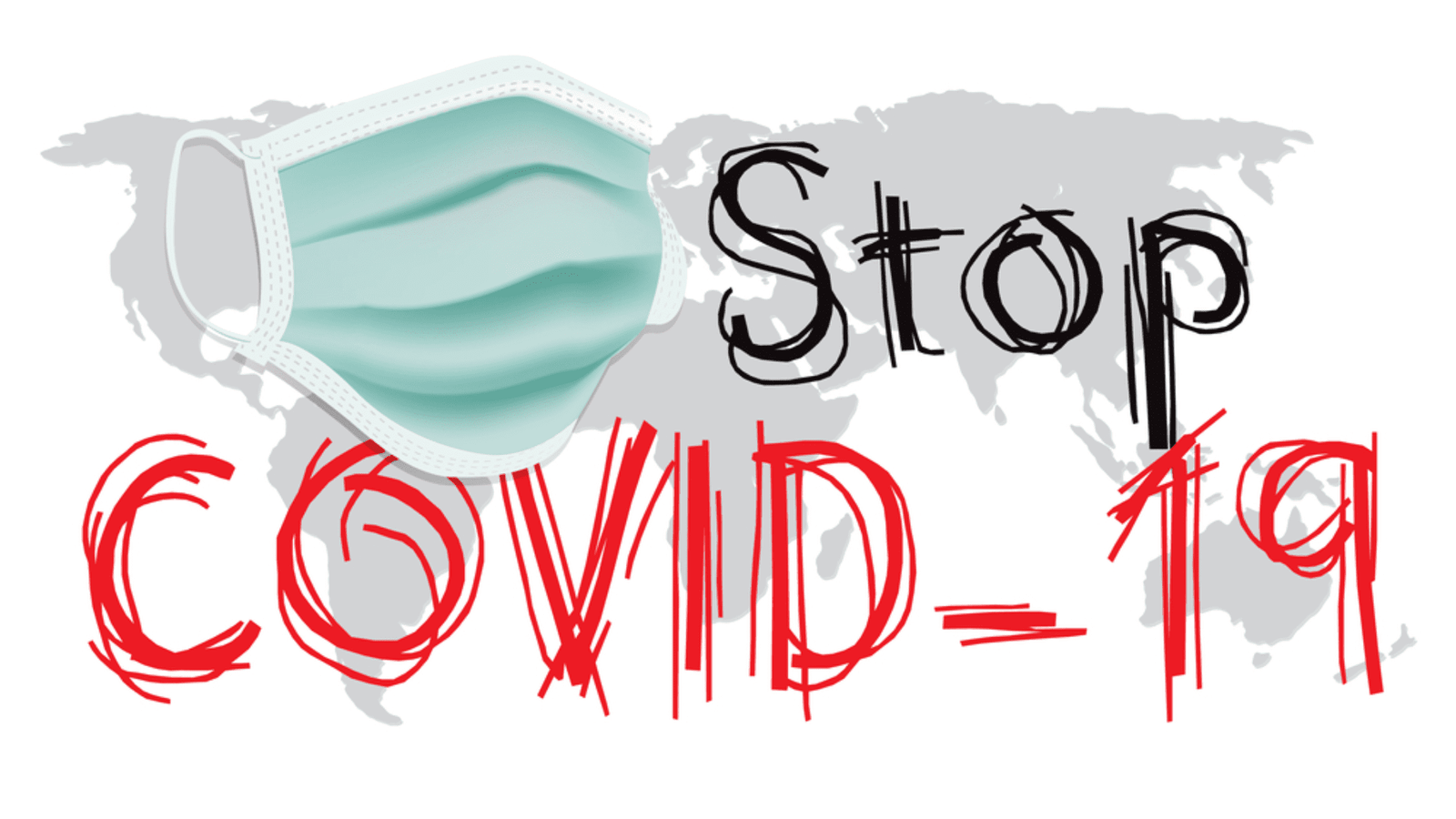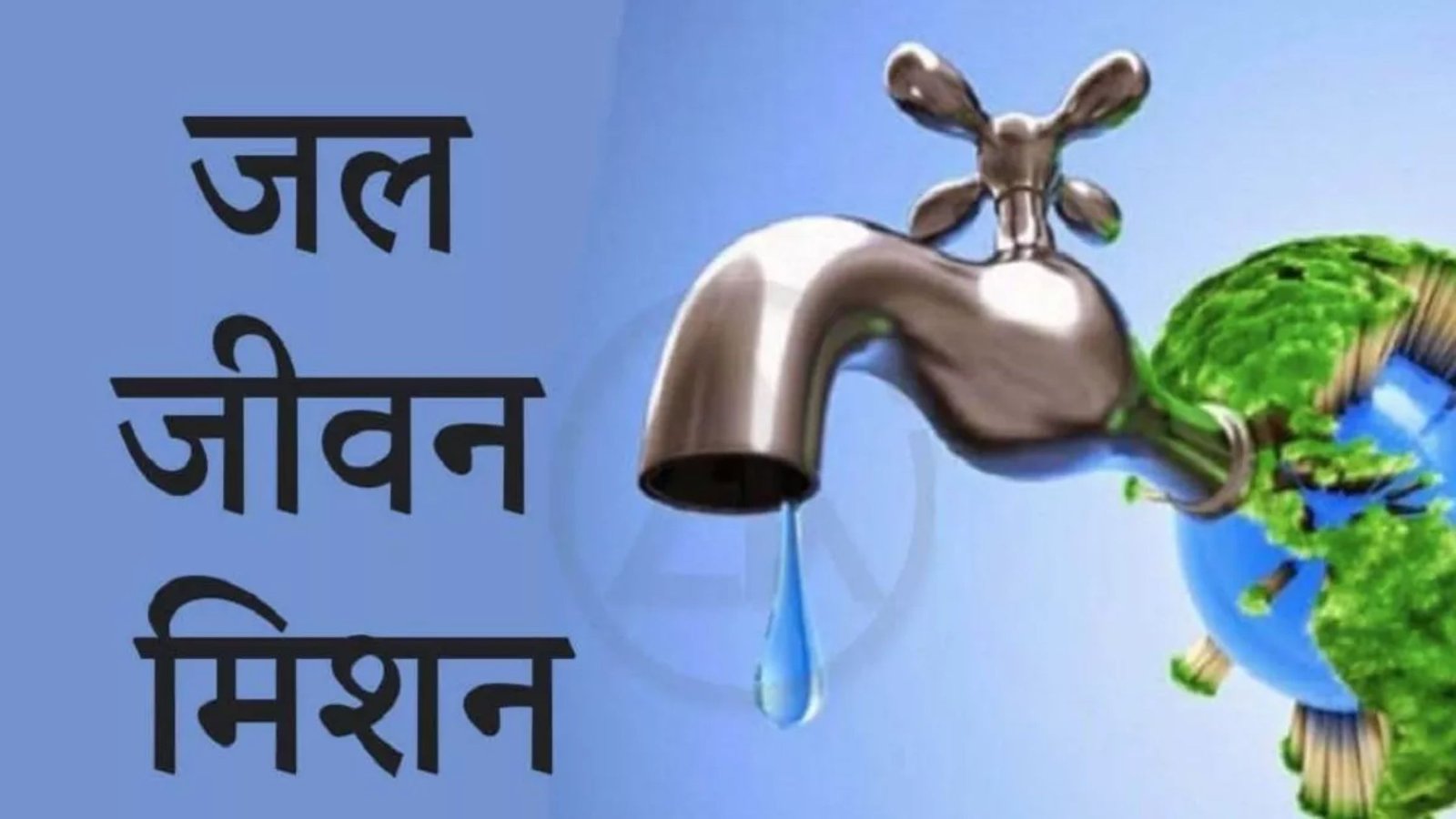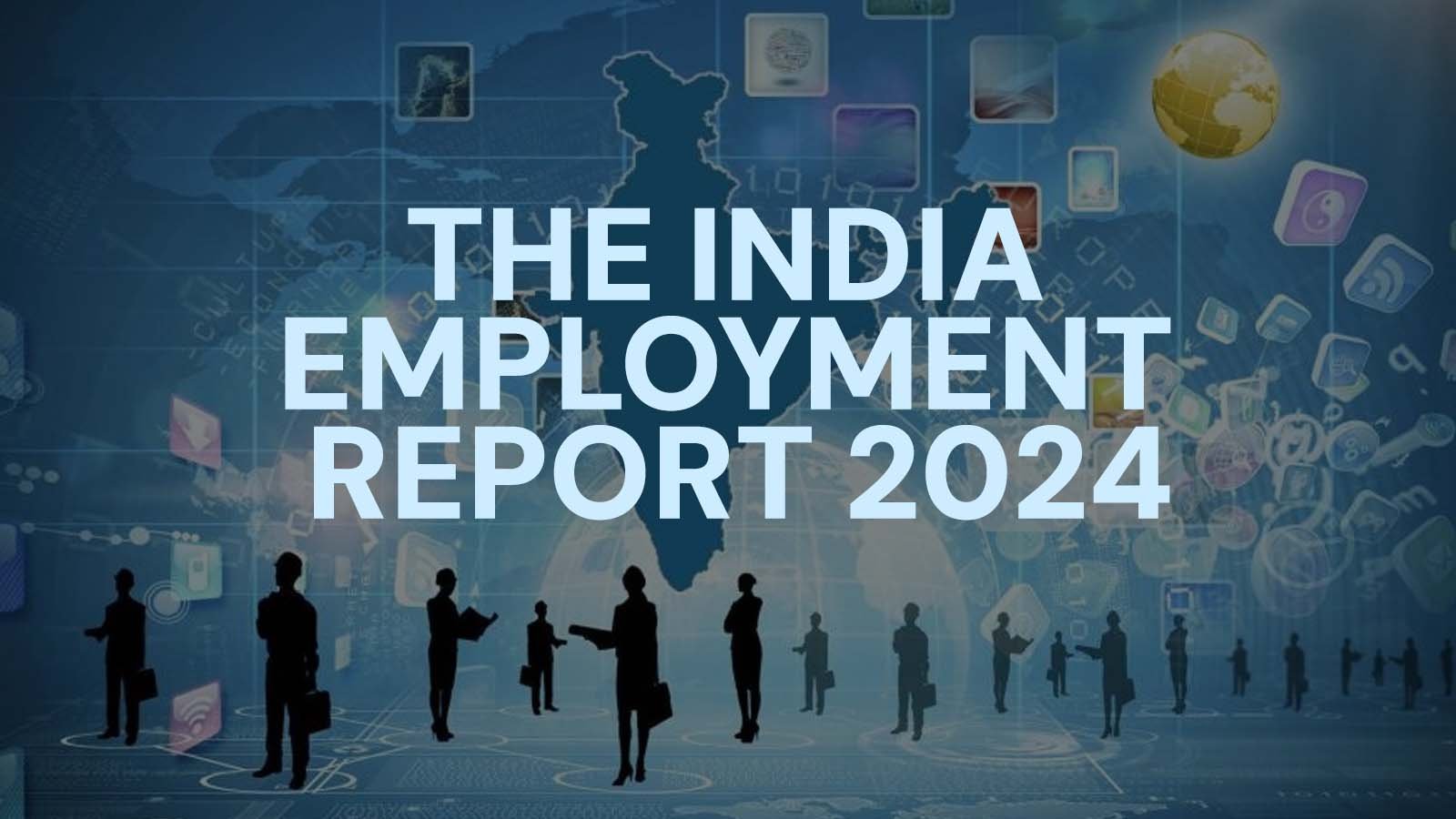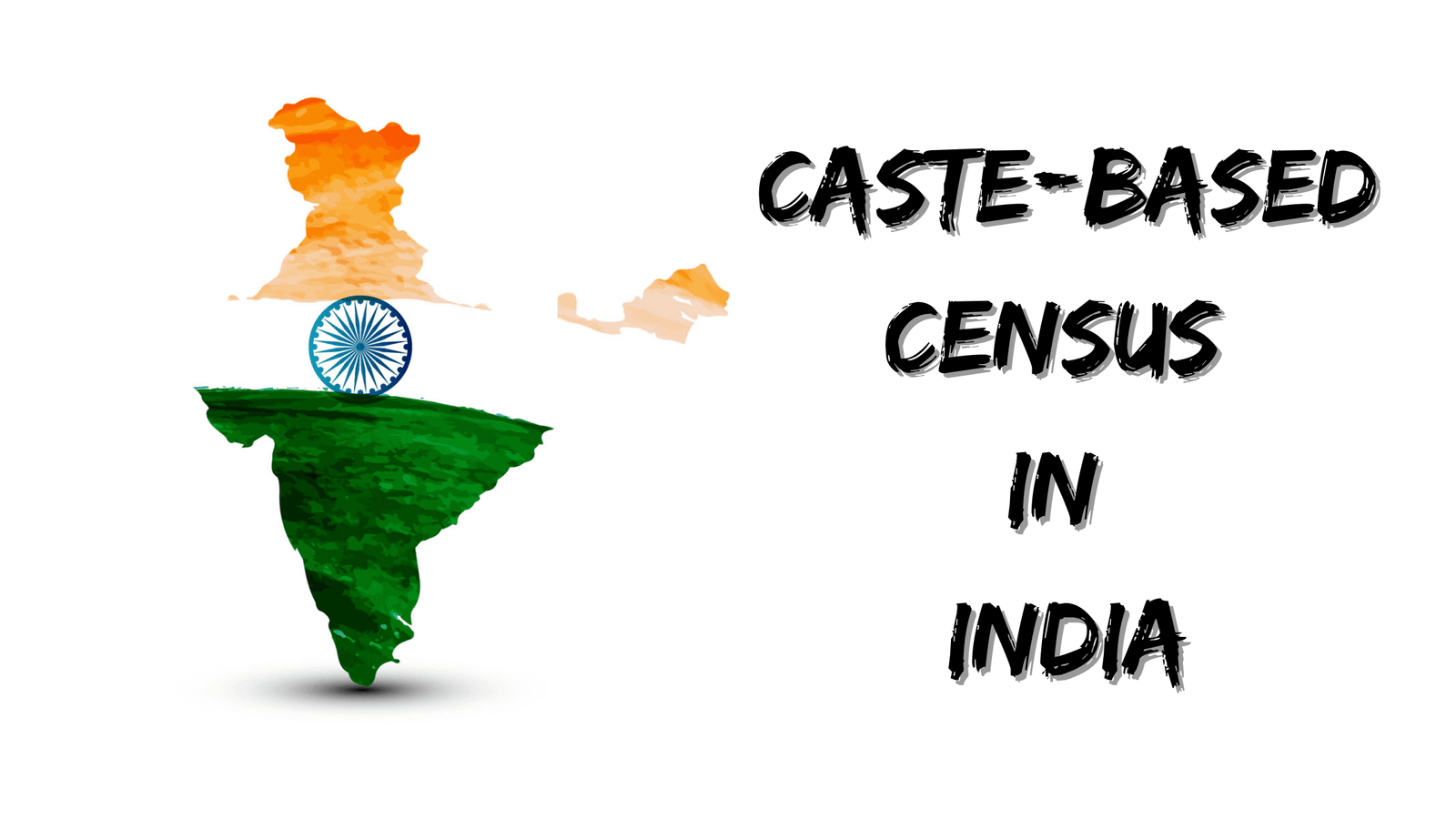
Why in News:
There is a demand for a caste based census to evaluate the developmental conditions of various castes inthe Indian society. States like Bihar, Odisha and Maharashtra expressed willingness to conduct caste based census.
History of Caste census:
The First Census conducted in 1871 included questions about caste and the data released led to antiBrahminic protestsacross India.
The post independent India conducted census data on the regular basis without releasing information about various castes, except the scheduled castes and scheduled tribes.
Even the Socio-Economic Caste Census(SECC) of 2011only details the economic conditions of the people in rural and urban households without releasing caste data in the public domain.
Benefits of the caste census:
It would be the best way to rationalize reservations and will help in evidence-based policy making. This will ensure rationality in state action. For example, the notion that only Dalits perform manual scavenging can be questioned.
It will bring forward a large number of issues like caste based social exclusions, deprivation, poverty etc. For example, the higher caste groups are also facing discrimination.
It will break the myth that there is no relevance of caste based discrimination in India due to Democracy.
It will also be possible to assess the socio-economic and educational status of the weaker sections of the society effectively. Drawbacks of the caste census:
The phenomenon of elitism among the castes will be developed because the states might favour elites among castes. So the concept of dominant caste(Srinivas) will again gain relevance.
There may be the cases of protests or movements for reservations. For example,Patels, Gujjars, Jats and other castes may demand more reservations on the basis of data. It may enhance the notion of purity and pollution due to rise ofcaste consciousness in the society.
It might disturb social solidarity and castes as structural inequalities may get strengthened.
There are multiple castes in India and hence, it is a difficult task to collect the data on every caste. So both the validity and the reliability of data could be questioned.
Data on castes may help the states and others analyze the socio-economic conditions of the people for sound policy making. However, if the castes become the basis to engage inpost truth politics for short term goals, then caste based census will not benefit the society.
Indians are living and juggling between both traditional and modern identities so it is important to make a balance between these identities through value based education.
